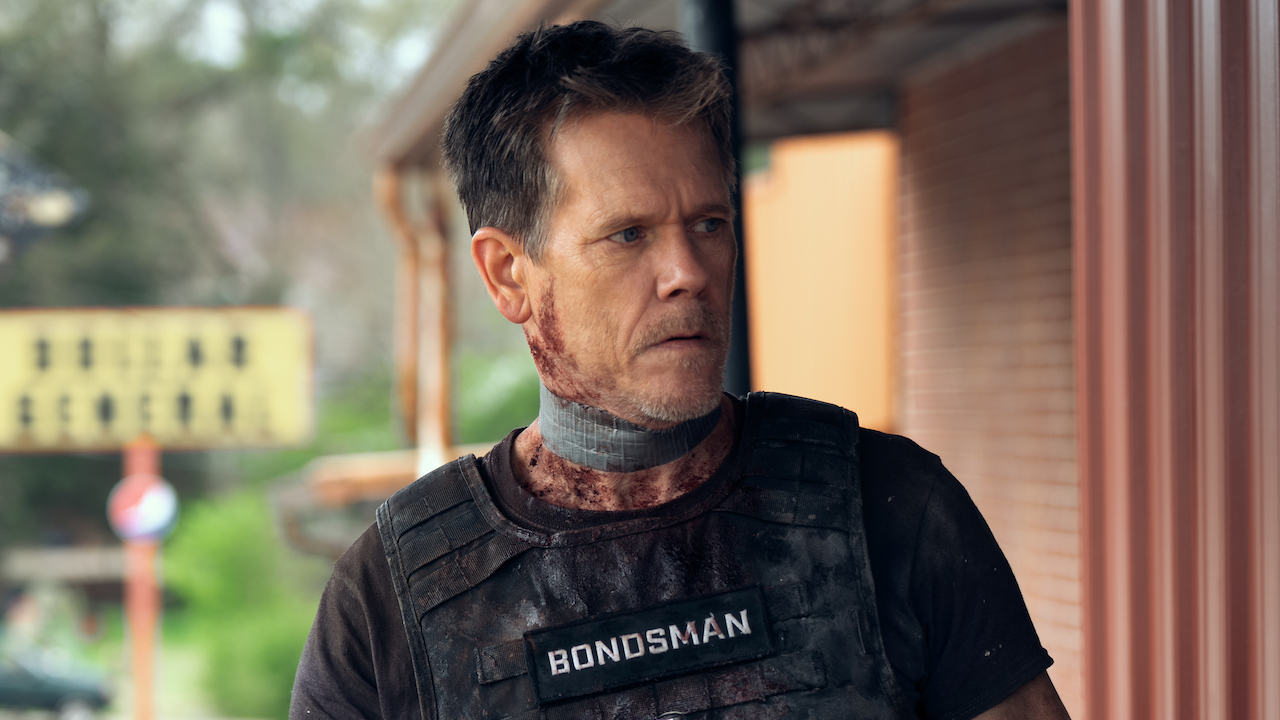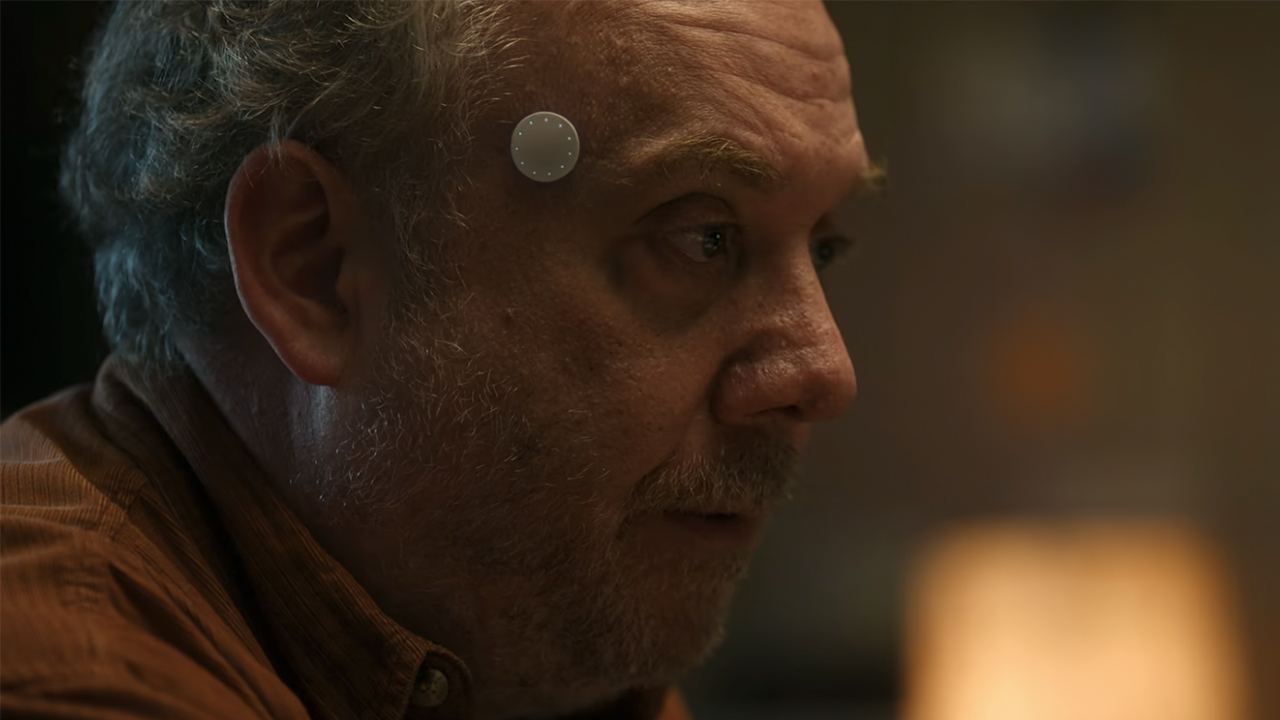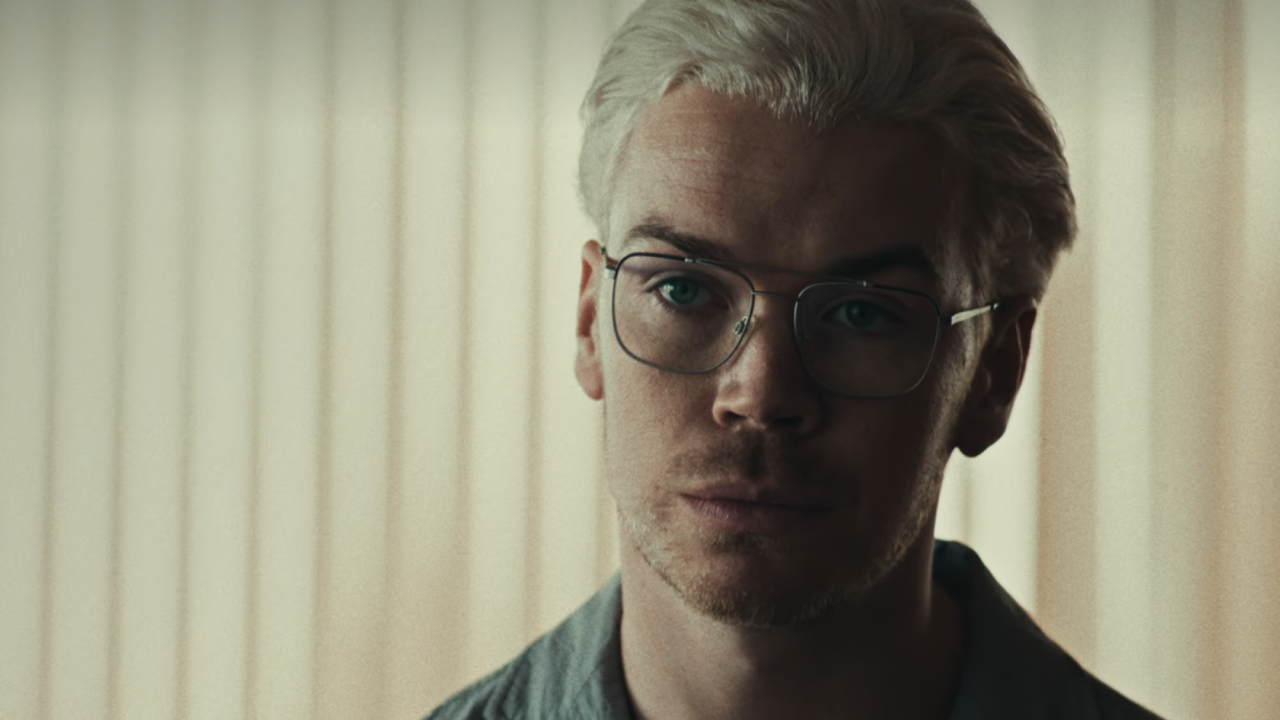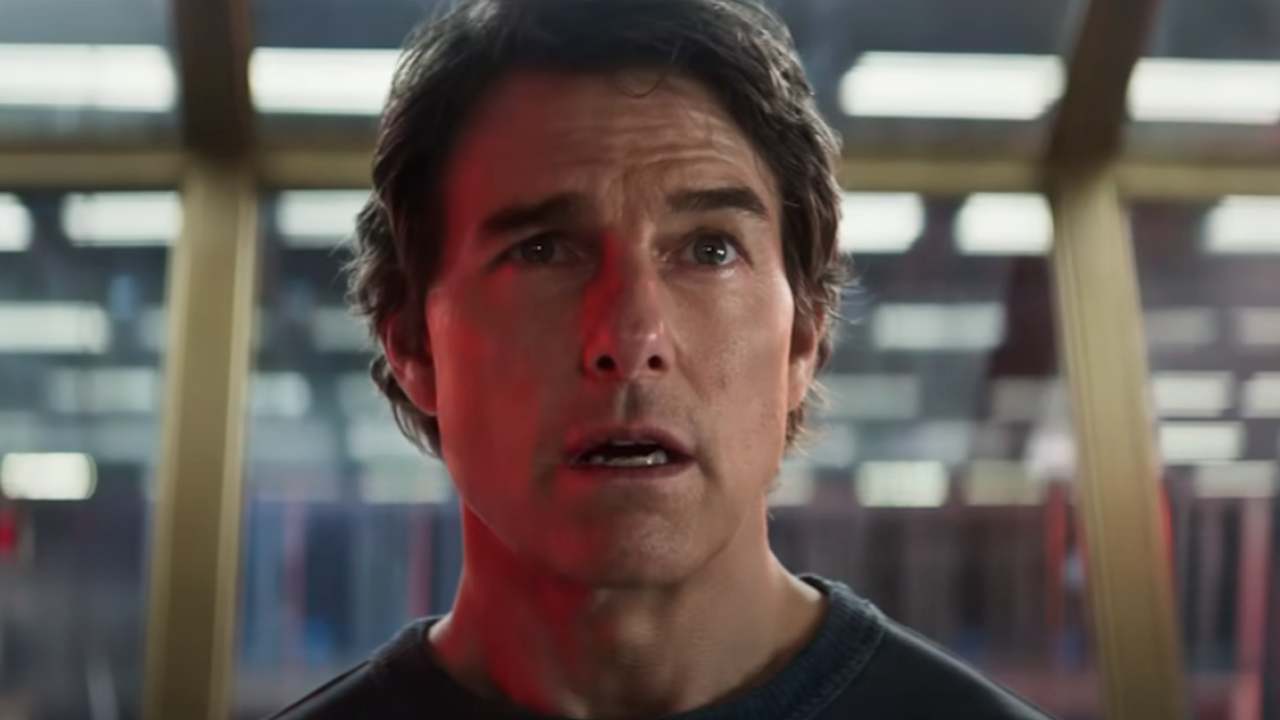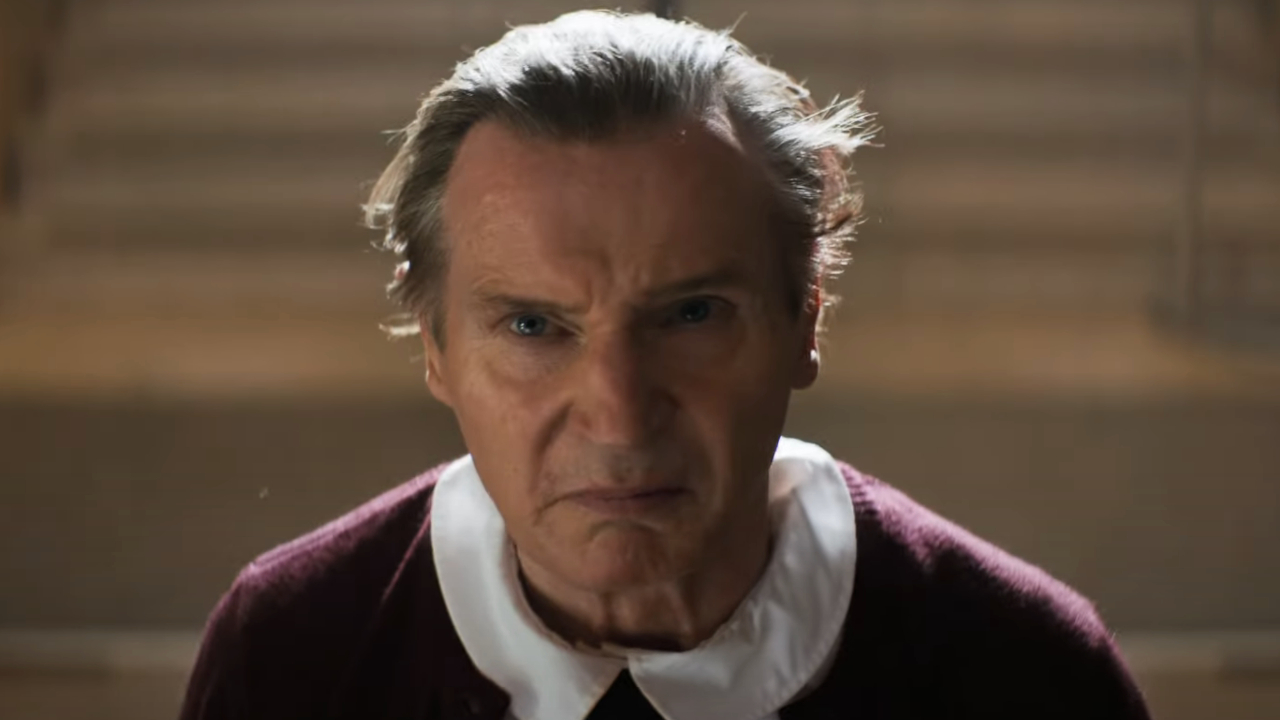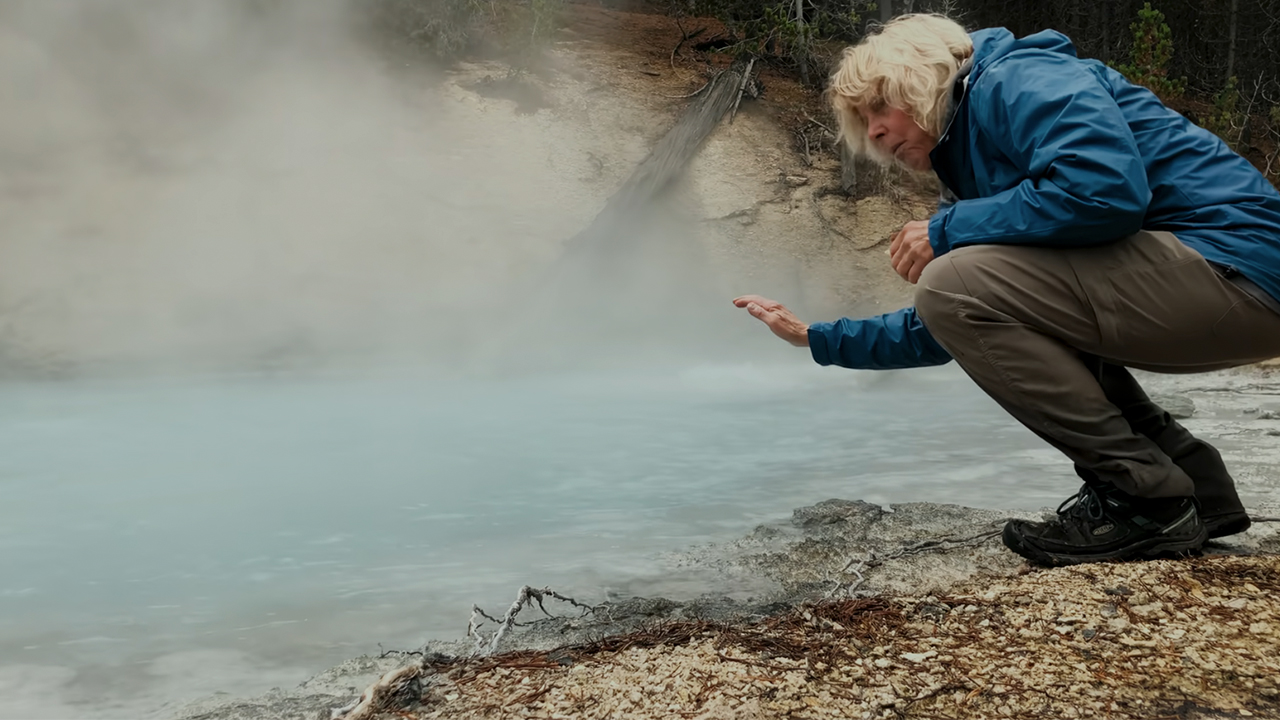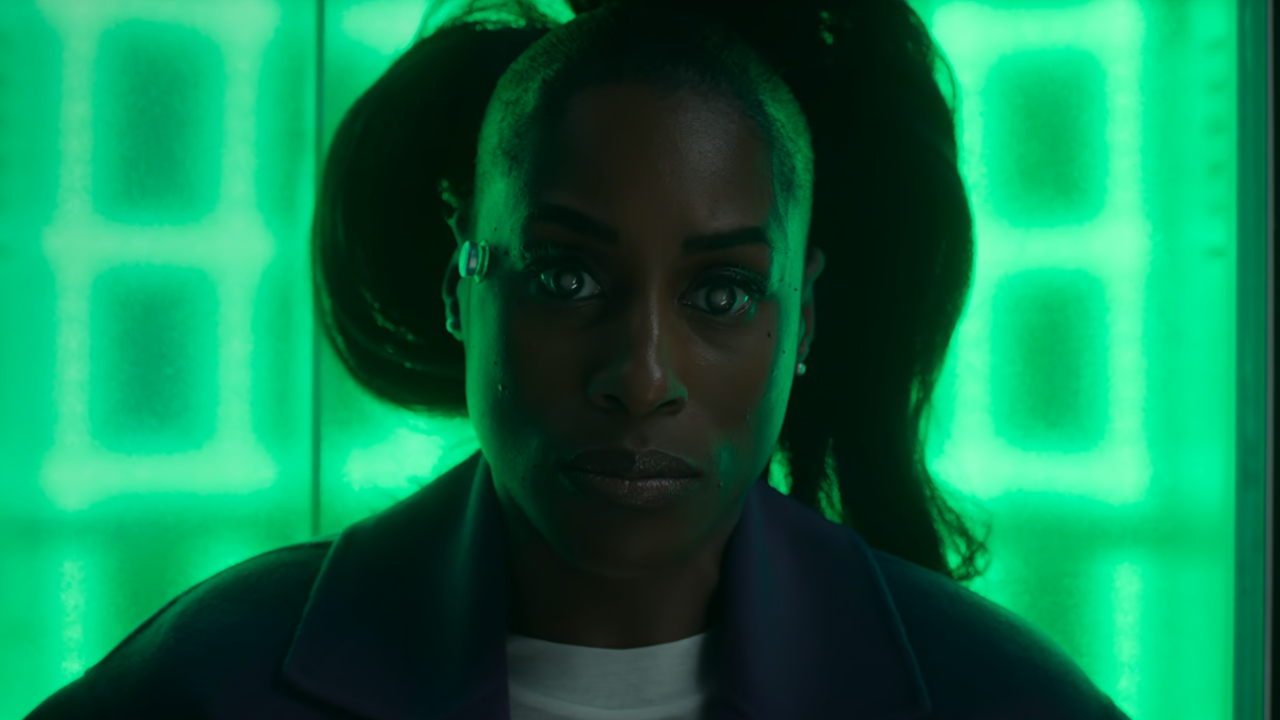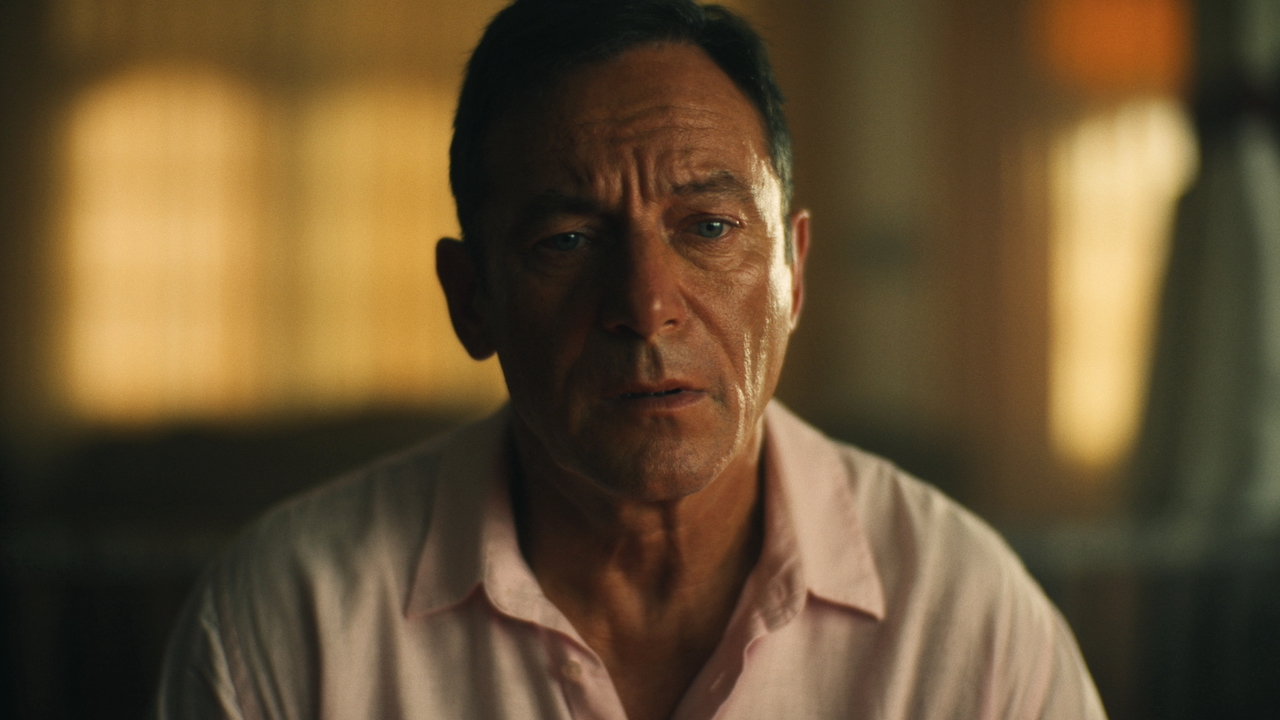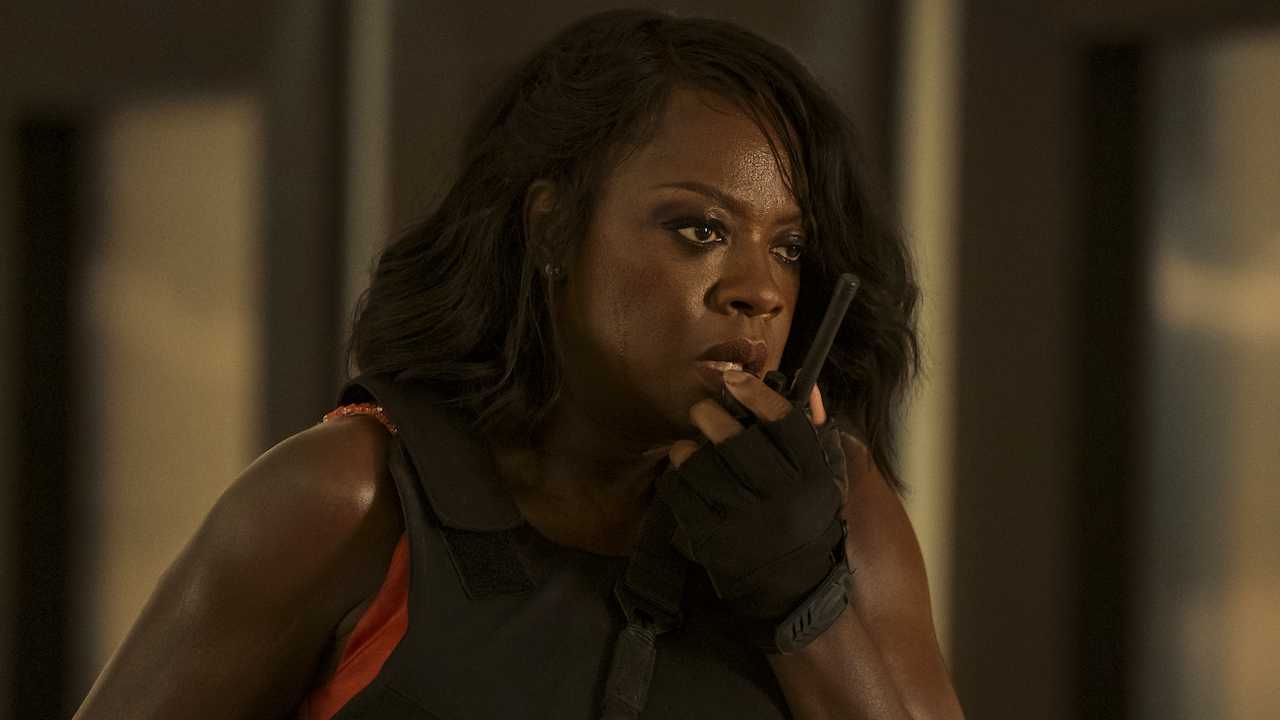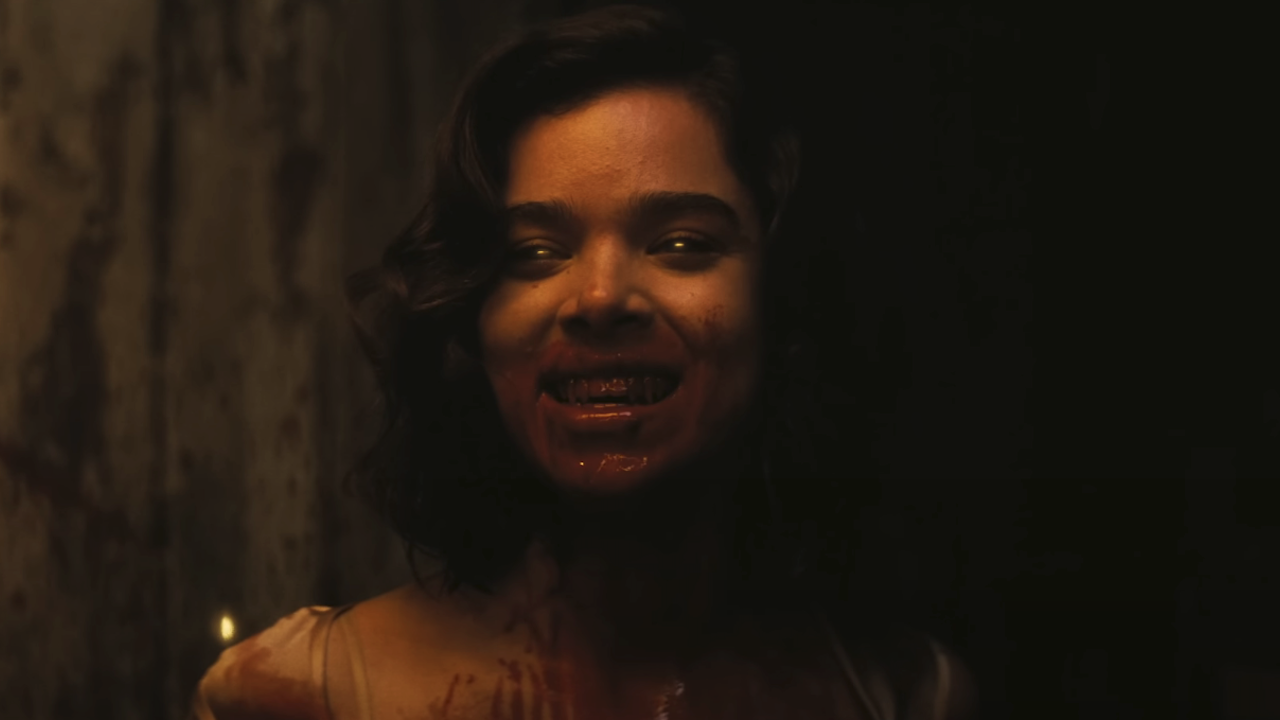The Worst Stephen King Adaptations
There are many great Stephen King adaptations... and then there are these.
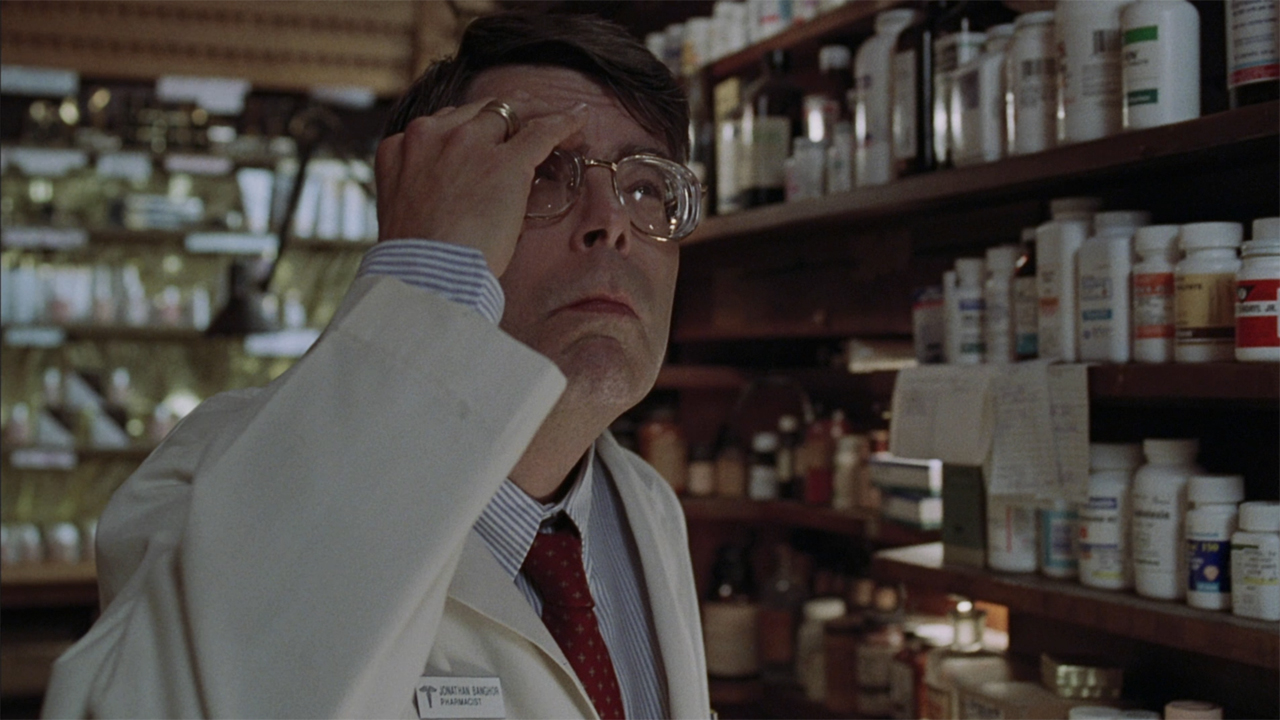
I love the works of Stephen King and the movies and TV programs that have been inspired by his writing… but I am also a rational person who understands that not every adaptation is great. In fact, some of them are just downright terrible.
We have done rankings of the best Stephen King movies and best Stephen King TV shows/miniseries. This, however, is the opposite of those, and runs down the list of the worst Stephen King adaptations in no particular order.
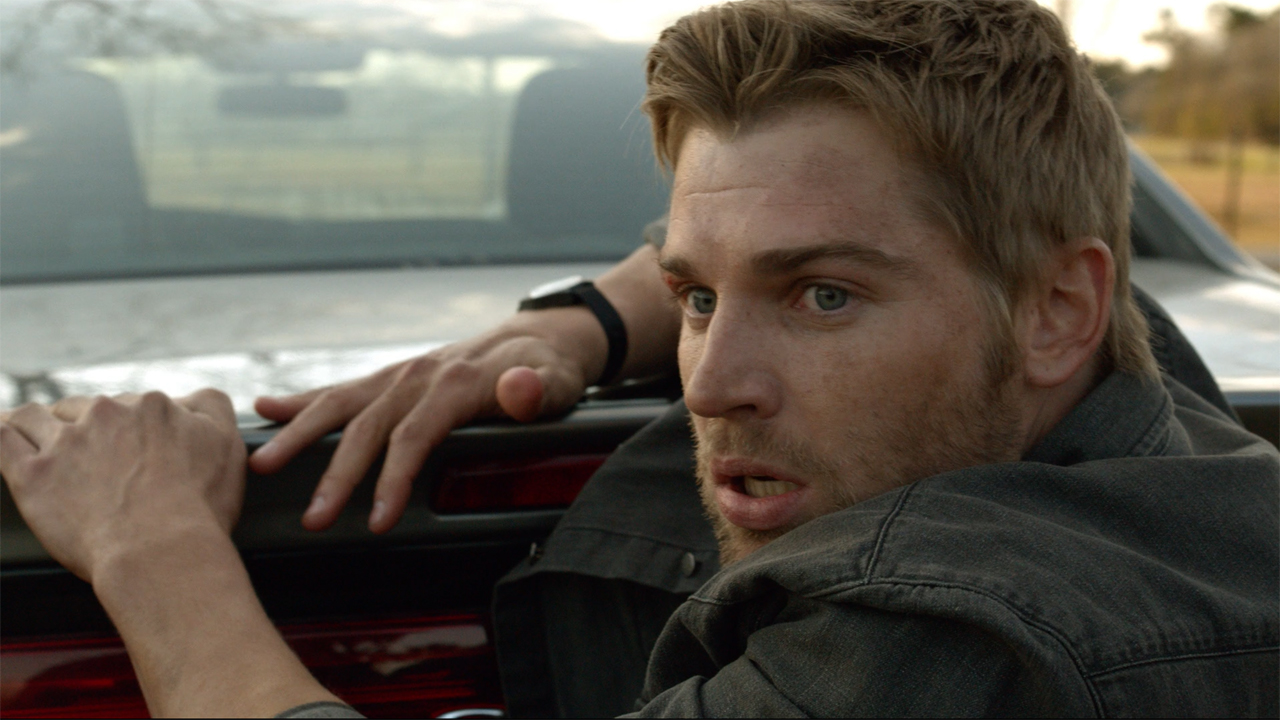
Under The Dome
Under The Dome is a sprawling novel that examines how a small town might behave in a mysterious crisis, but everything that is captivating and compelling about the book is thrown out the window by the TV show. The CBS series decided to treat the fascinating work of post-9/11 fiction as a gateway to ripping off the mystery box structure of Lost, and while it develops some energy in its first season, the final two are train wrecks.
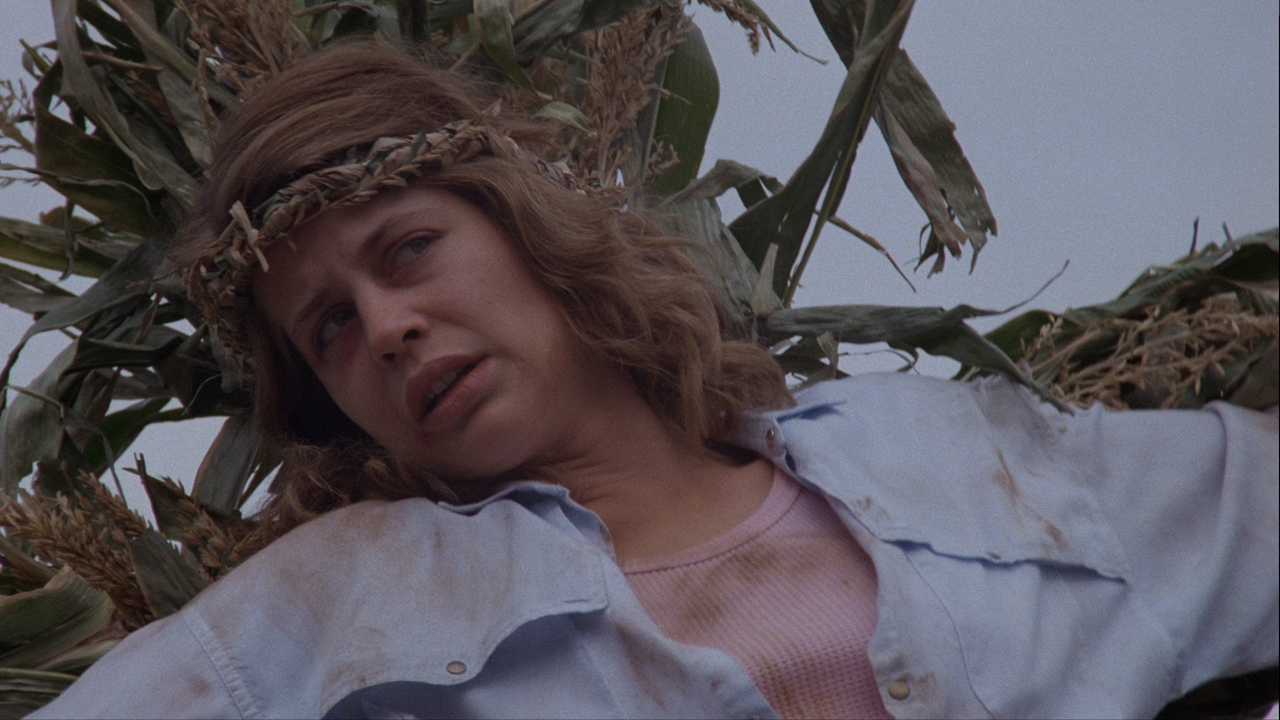
Children Of The Corn
Beyond the fact that it has spawned a seemingly endless number of sequels, the most notable thing about Children Of The Corn is that it exists in history as the first bad Stephen King movie. It starts well with a horrifying sequence where the children of Gatlin, Nebraska murder all of their elders, but it gets lifeless after that and evokes none of the terror of King’s short story.
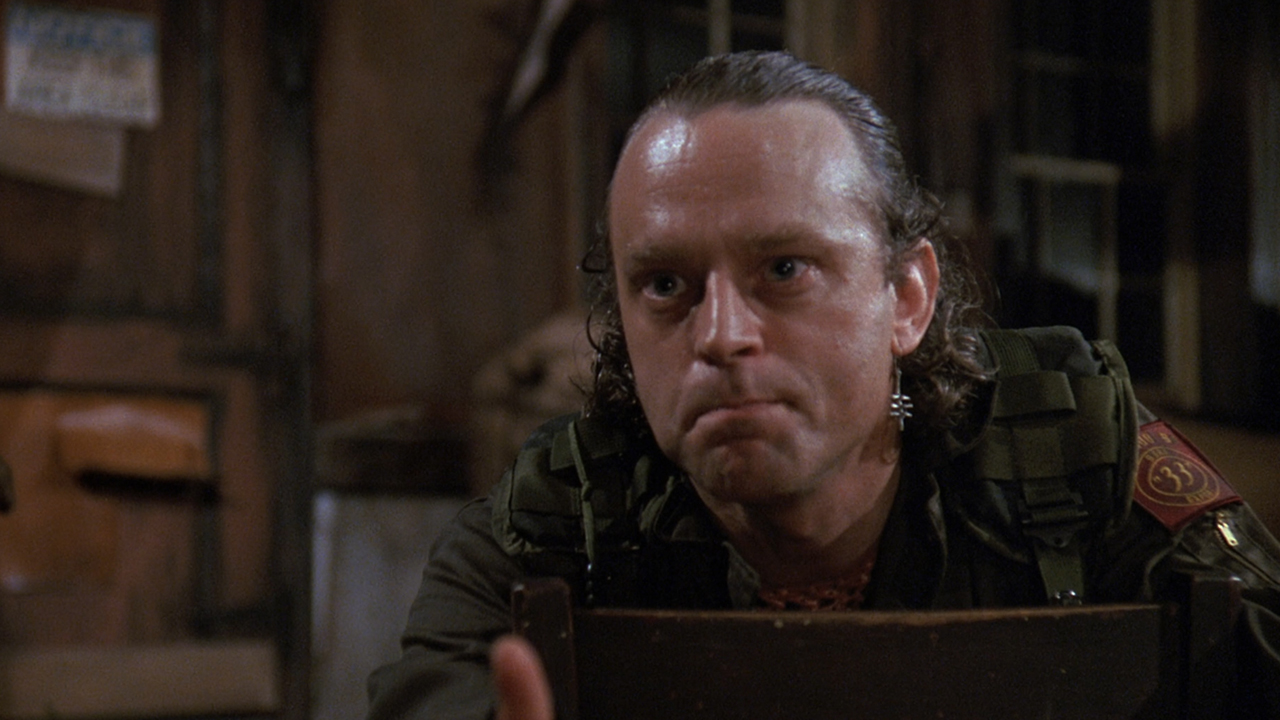
Graveyard Shift
Graveyard Shift gets points for including a wacky turn from Brad Dourif as a freaky exterminator and the gnarly rat/bat monster at the very end… but it also loses points because the former doesn’t end up being killed by the latter. The film drifts far from the source material and delivers little more than hollow characters meeting grim deaths. It’s Kingsploitation.
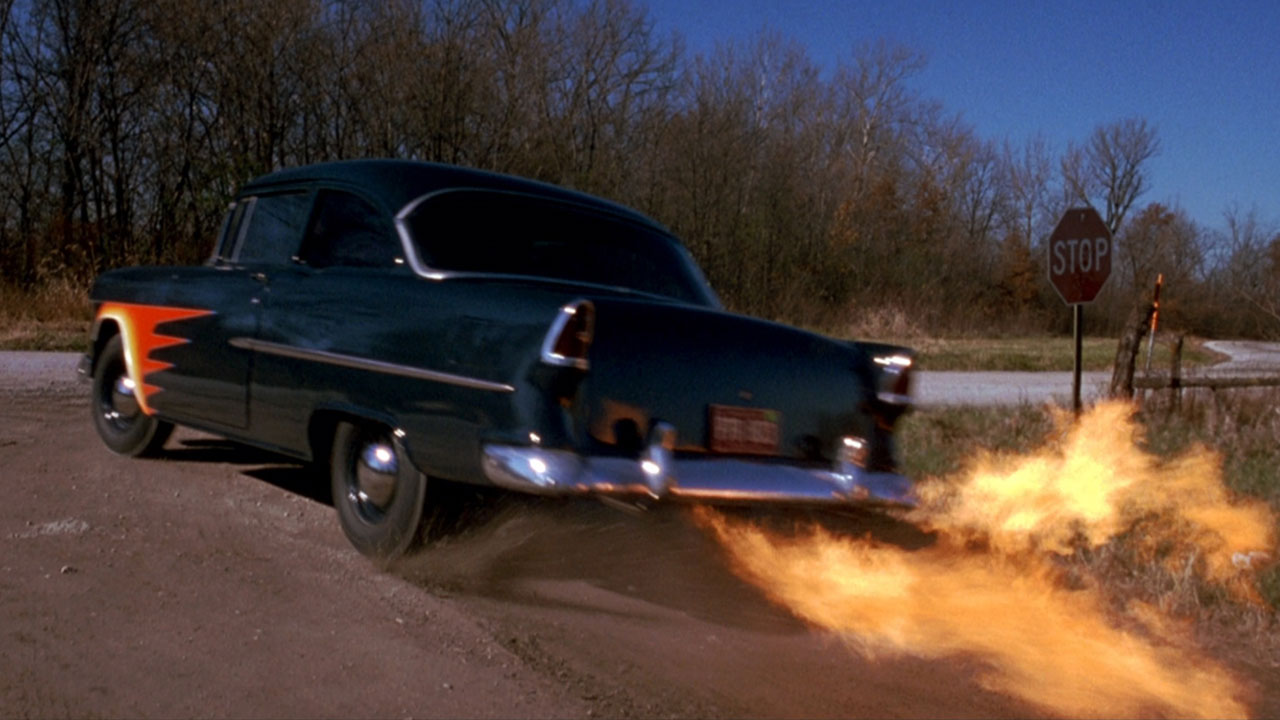
Sometimes They Come Back
The short story on which Sometimes They Come Back features a killer ending with the protagonist using satanic rituals to vanquish undead bullies tormenting him… but the TV movie adaptation lacks all of the edge of its source material and is a mostly dull experience.
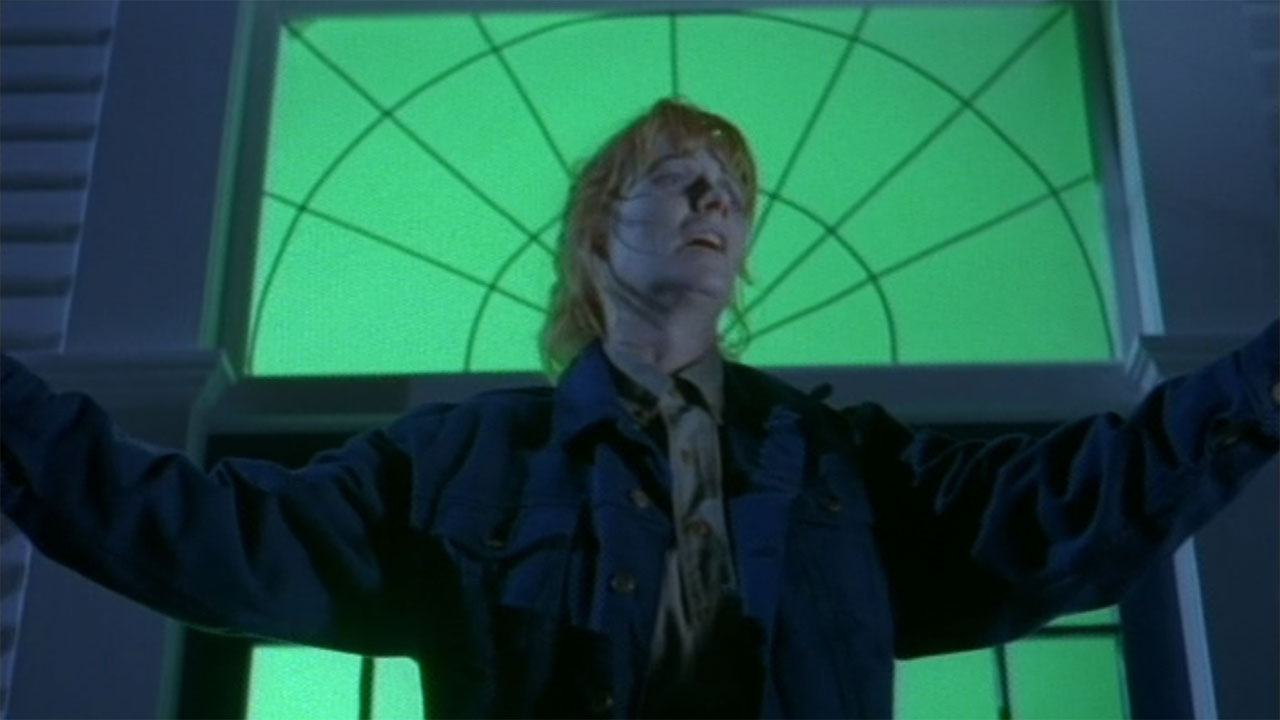
The Tommyknockers
It’s hard to totally blame the miniseries adaptation of The Tommyknockers for being bad. After all, the book on which it’s based is one of Stephen King’s worst. Still, that doesn’t excuse its bizarre and dumb deviations from the novel, including both major cuts and bad alterations to the motives of the aliens.
CINEMABLEND NEWSLETTER
Your Daily Blend of Entertainment News
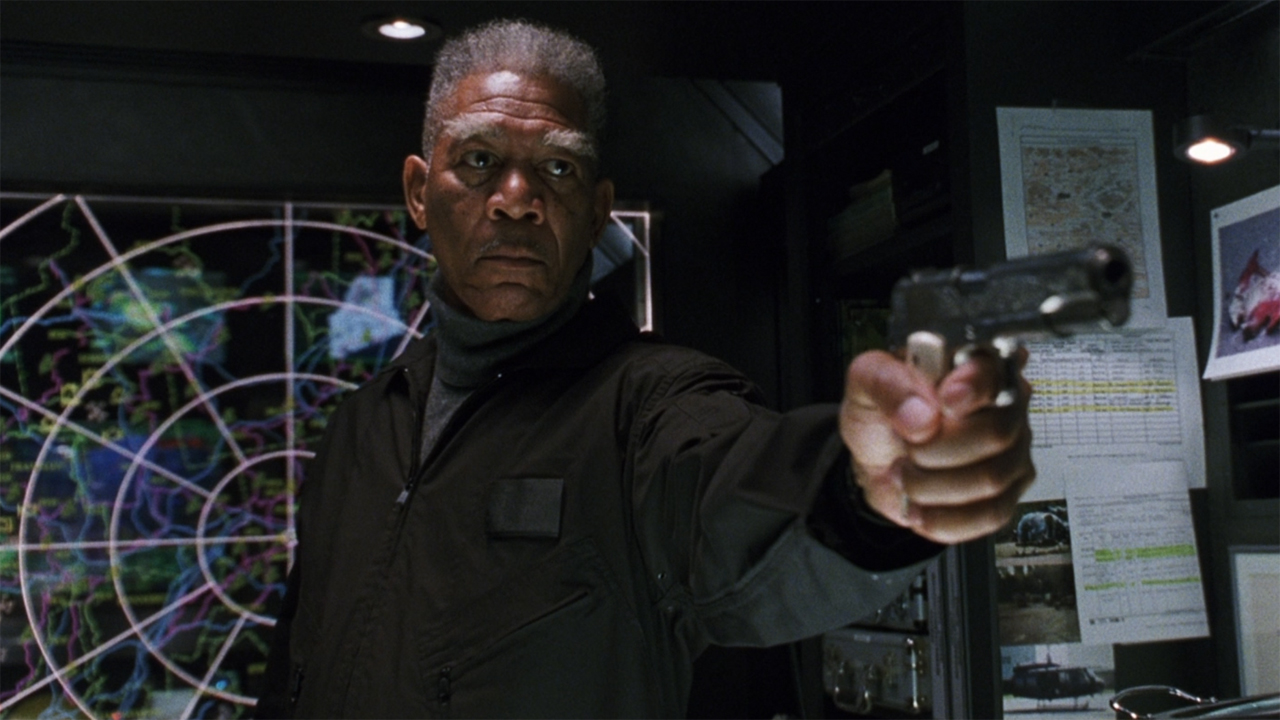
Dreamcatcher
Dreamcatcher has the handicap of being based on a less-than-stellar Stephen King work… but it doesn’t get to escape this list because it’s still an awful film based on a King book. Like the source material, it starts off well, featuring a group of friends who find a fun outdoor weekend ruined by vicious aliens, but it nosedives as soon as the military shows up and the story starts digging into the extraterrestrial’s invasion.
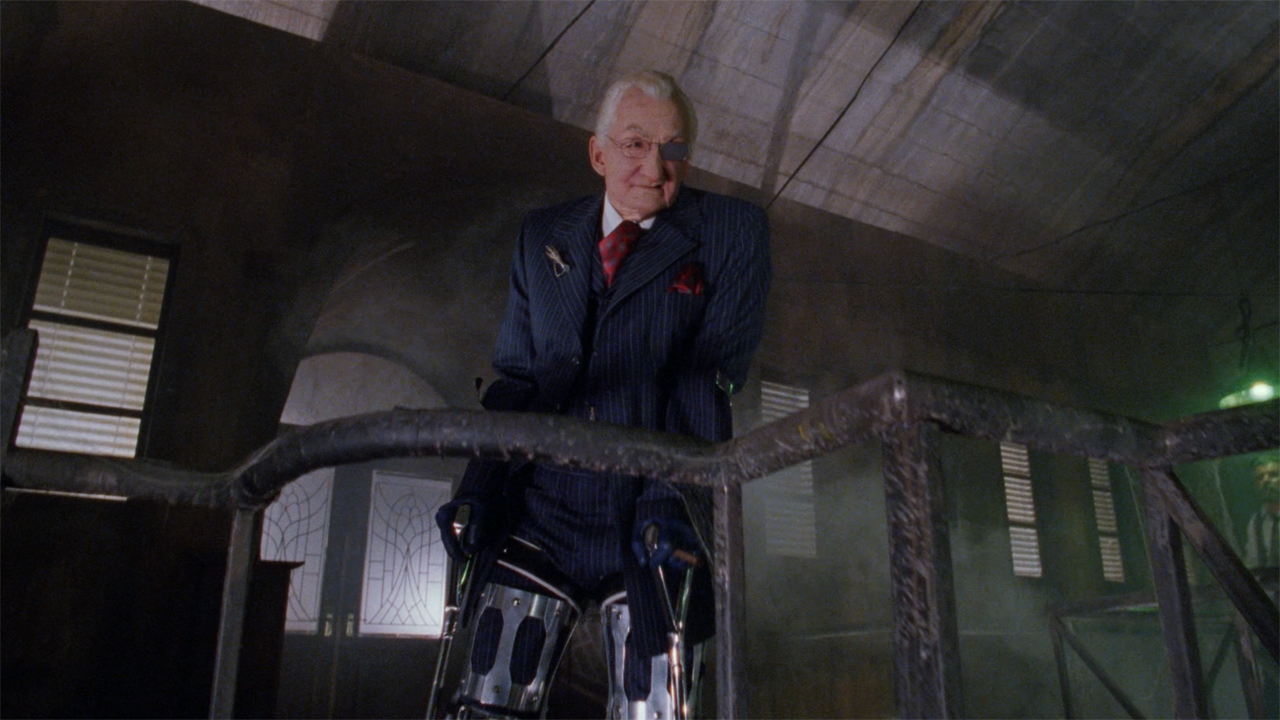
The Mangler
Like Stephen King, both Tobe Hooper and Robert Englund are undisputed horror genre legends… but the one and only film that brings all three together is a mess. The terrific King short story is at the heart of The Mangler, but the subplot involving Englund’s leg-braced, one-eyed owner of the Blue Ribbon Laundry is a far too schlocky add on, and Ted Levine delivers a dull turn as the film’s protagonist.
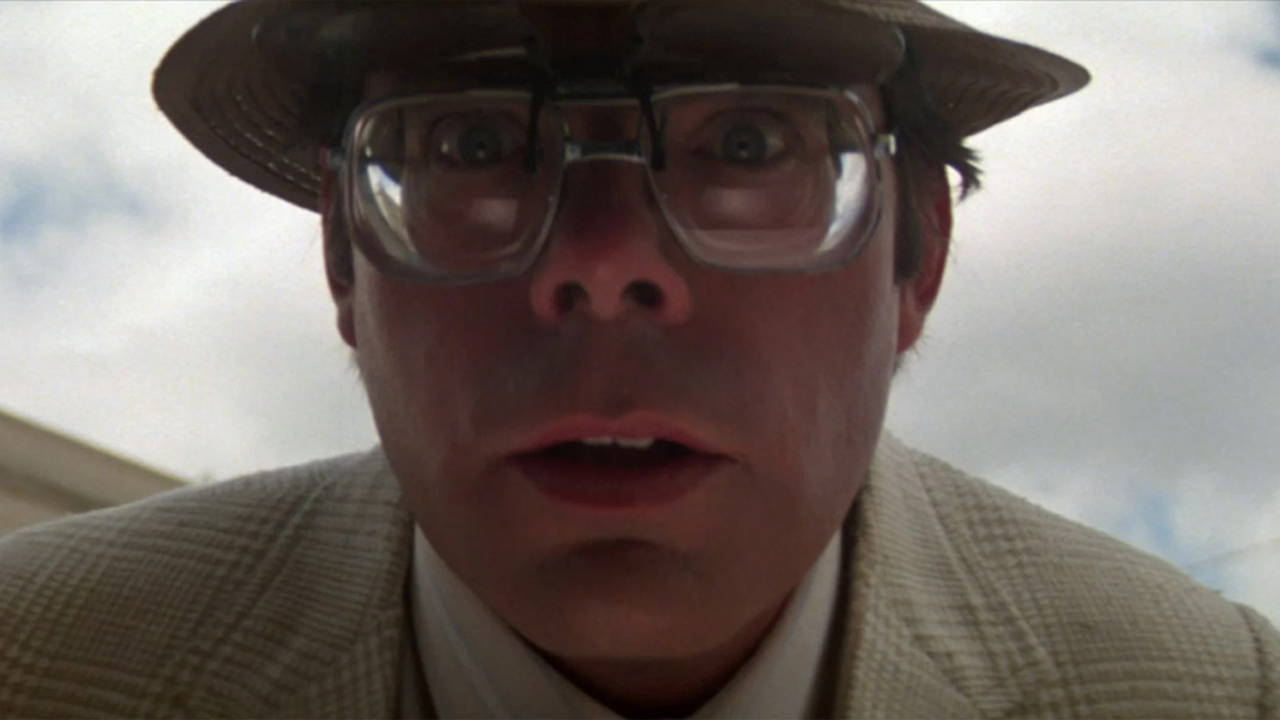
Maximum Overdrive
There is a campy quality that can be appreciated in Stephen King’s one and only attempt at directing, but there is far too much that doesn’t work for Maximum Overdrive to get a full pass. There is plenty of ridiculous death and silly carnage, but it’s missing the strong qualities like character development and story that are typically the foundations of King’s work.
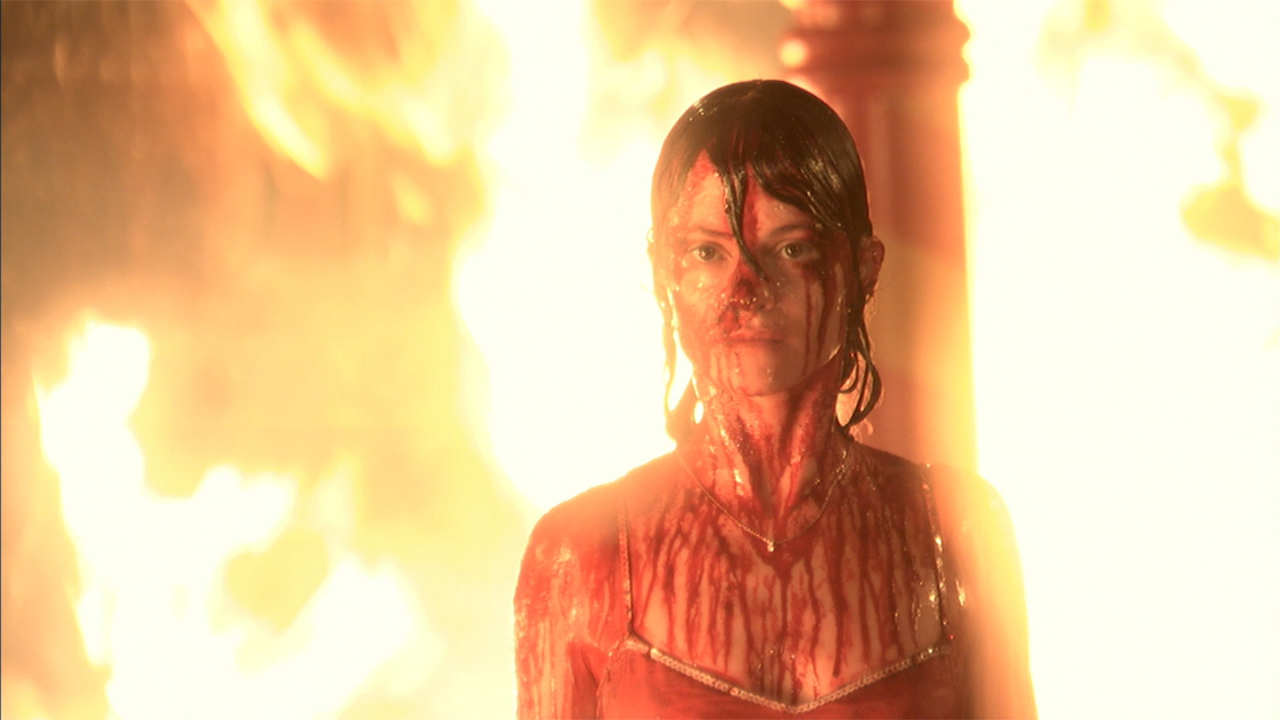
Carrie (2002)
The 2002 remake of Carrie gets some credit for attempting a cinematic equivalent of the original book’s epistolary structure, but it has a wrongheaded sympathy for its titular protagonist – partially motivated by the consideration of the TV movie as a backdoor pilot – and it struggles to get out from under the shadow of director Brian De Palma’s classic.
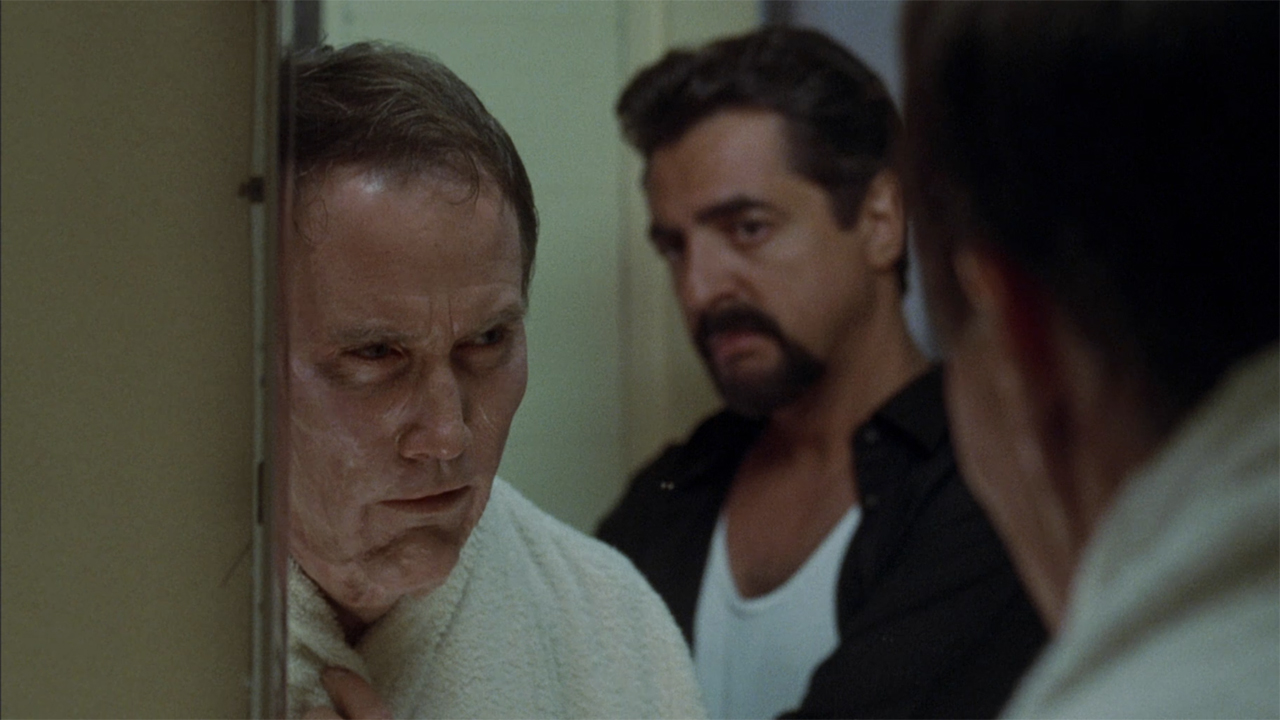
Thinner
While director Tom Holland’s The Langoliers is a movie that can be defended because of its faithfulness to the source material and wild approach to time travel, the filmmaker’s follow-up King adaptation doesn’t get the same treatment. The book has a wryness to its cynicism that makes the material palatable, but Thinner’s adaptation is dry and mean, and its gross stereotypes about the Romani culture hasn’t let it age well.
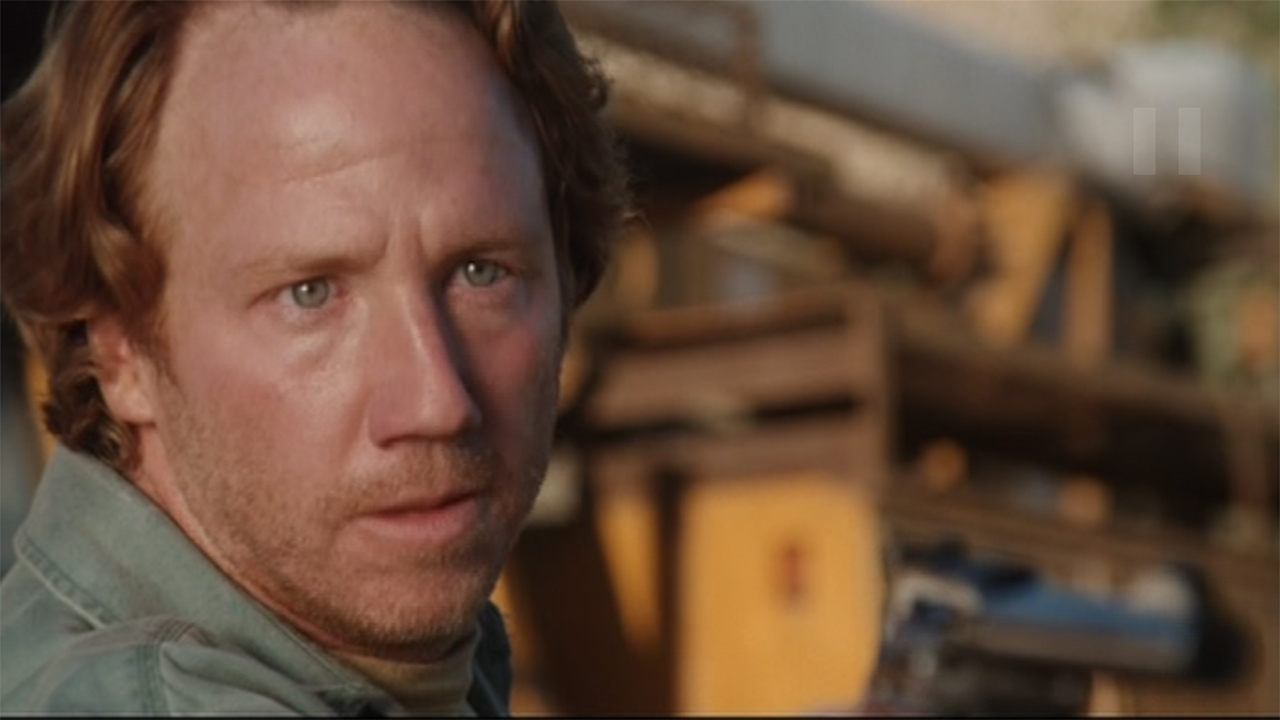
Trucks
If you thought Maximum Overdrive was bad, just wait until you get a load of Trucks! Based on the same short story as Stephen King’s directorial debut (“Trucks”), the TV contains exactly one entertaining moment – a scene where a toy truck crushes a man’s head in – and it’s not even in the version that originally aired on USA Network because it was too gory for broadcast. There is nothing likable about this lifeless adaptation, and it has a claim for “Worst Stephen King Movie Of All Time.”
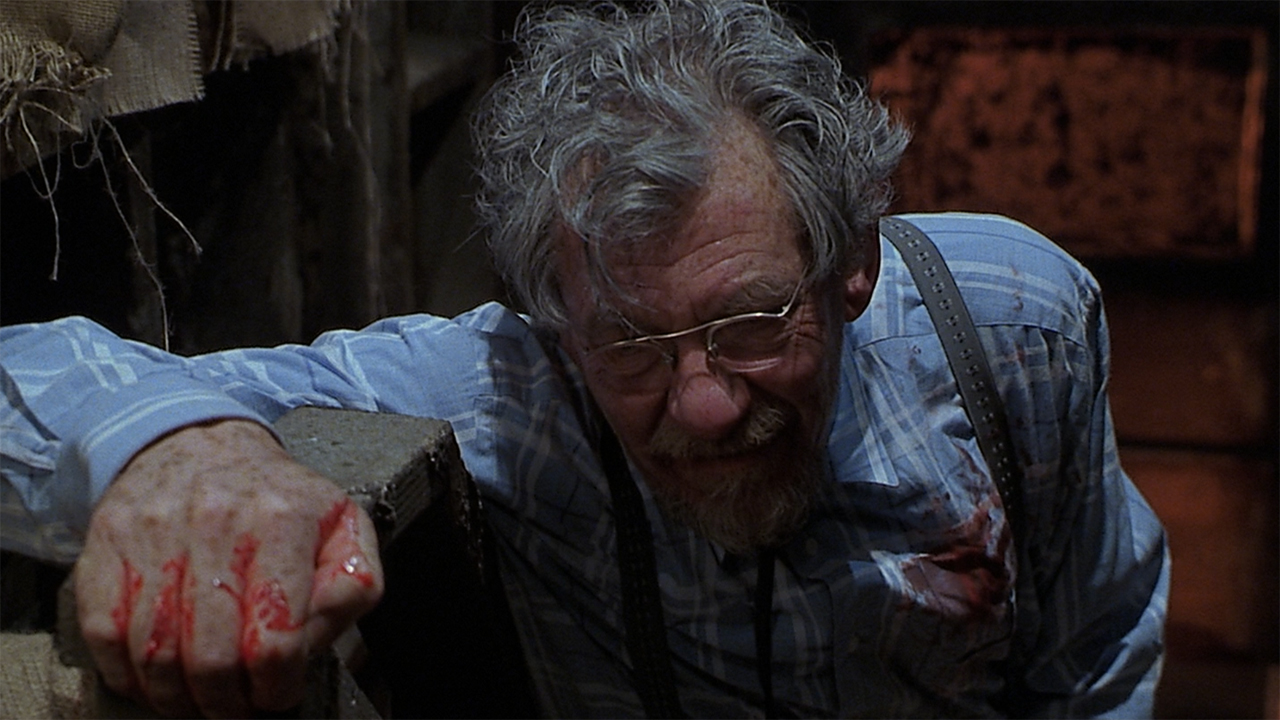
Apt Pupil
Anyone would be challenged to make a palatable movie based on the novella “Apt Pupil,” which is as dark as anything Stephen King has ever written, and Bryan Singer certainly didn’t crack the code with his 1998 film. It’s a deeply unpleasant work that also scratches at the surface of the source material and waters it to down to the point of being ineffectual.
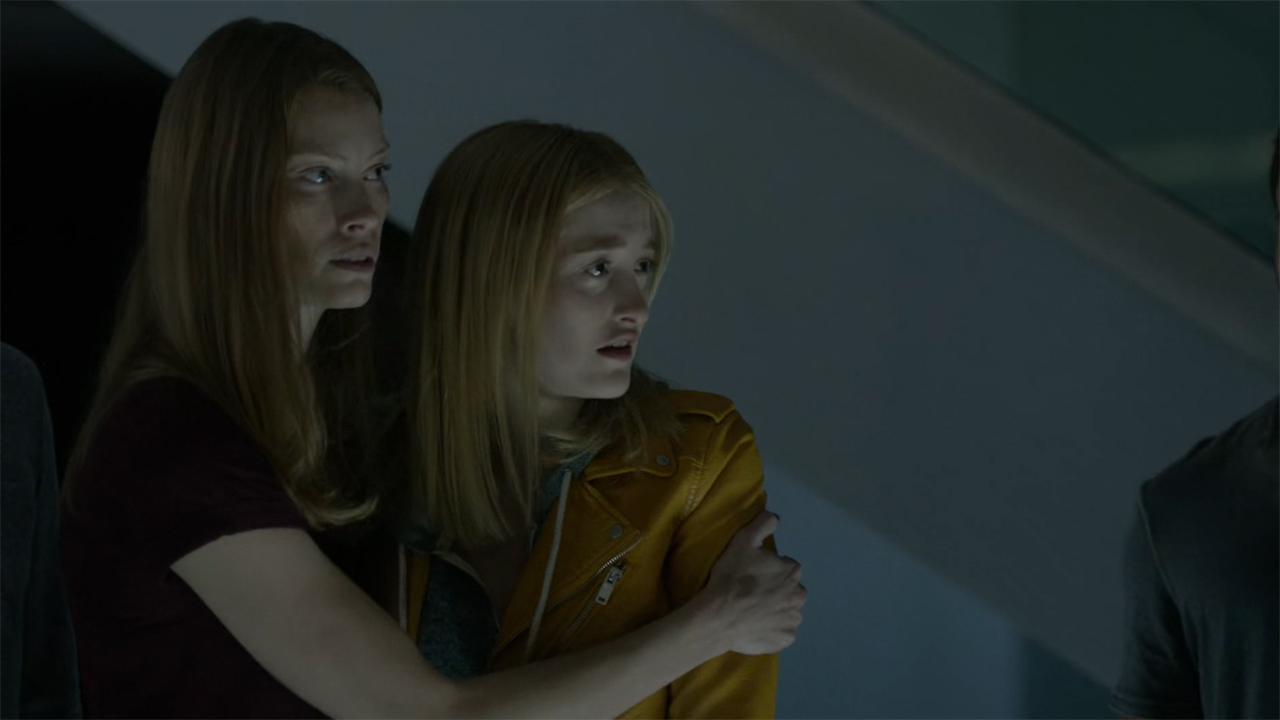
The Mist (2017)
Is The Mist TV series meant to be a remake of the Stephen King novella, or a spinoff to Frank Darabont’s film adaptation? That’s never totally clear, and it hampers the work. Following multiple characters traveling to multiple locations, it’s never able to recreate the human-centric paranoia that is so brilliant in the source material, and it fails to do anything interesting with the eponymous supernatural fog and the monsters that dwell within it.

Secret Window
It’s not impossible to make a good movie with a twist involving a protagonist with dissociative identity disorder (Fight Club is pretty damn good, after all), but Secret Window is a mostly rote take on that trope that isn’t elevated much at all by tricky cinematography and a sinister turn from John Turturro.
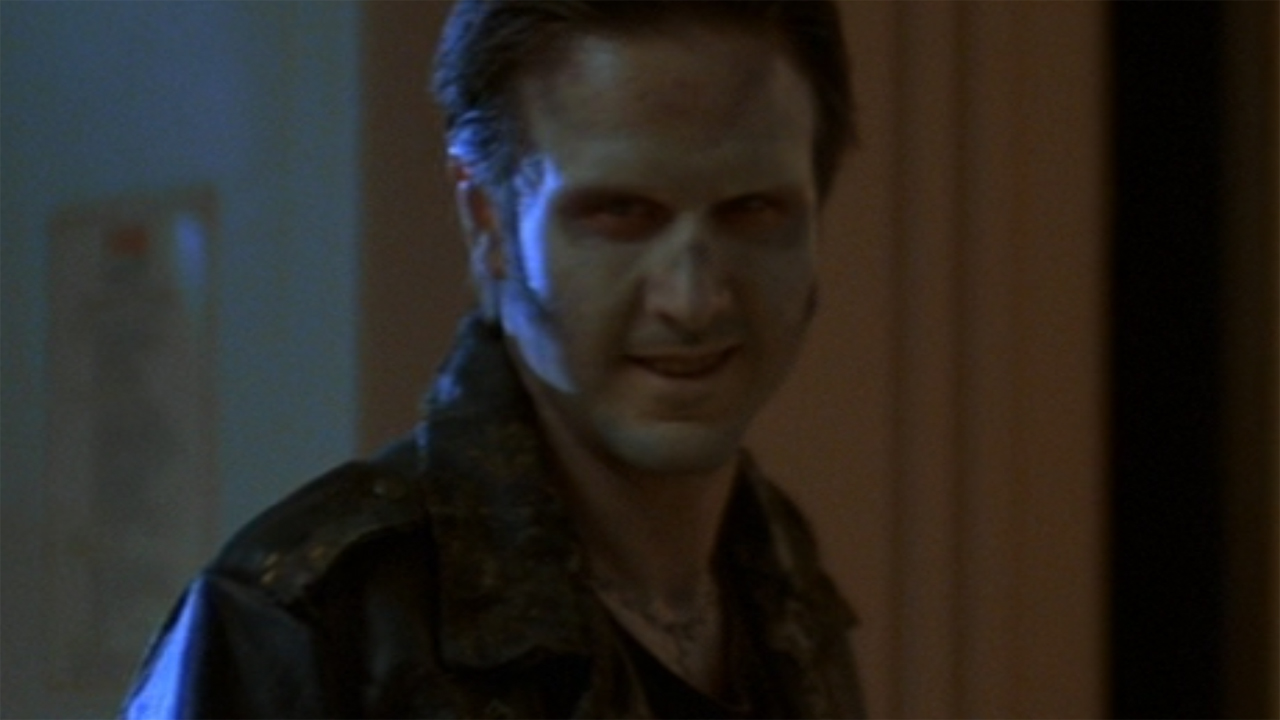
Riding The Bullet
If you’re looking for some hitchhiking-related Stephen King horror, allow me to steer you toward the anthology TV movie Quicksilver Highway and its adaptation of “Chattery Teeth.” Riding The Bullet is a movie that is all over the place tonally as its protagonist travels to be at his dying mother’s bedside, as it tries to be disgusting and gory in one minute, and serious and solemn in the next. None of it works.
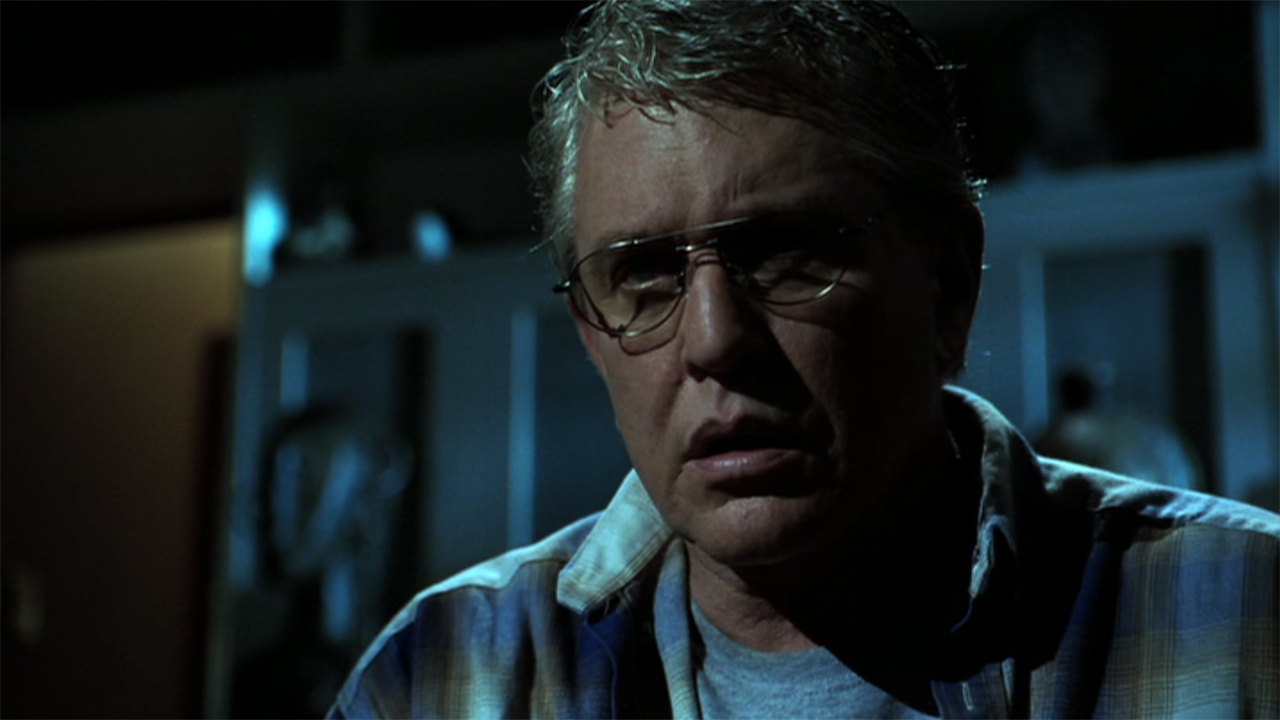
"The Road Virus Heads North" in Nightmares And Dreamscapes
The majority of the episodes in the anthology series Nightmares And Dreamscapes are solid adaptations of Stephen King short stories, but “The Road Virus Heads North” is a standout exception. Its biggest issue is that the plot centers around a “scary painting” that isn’t scary in the slightest, and that lack of terror is ultimately parlayed into violence and death with zero tension or investment.
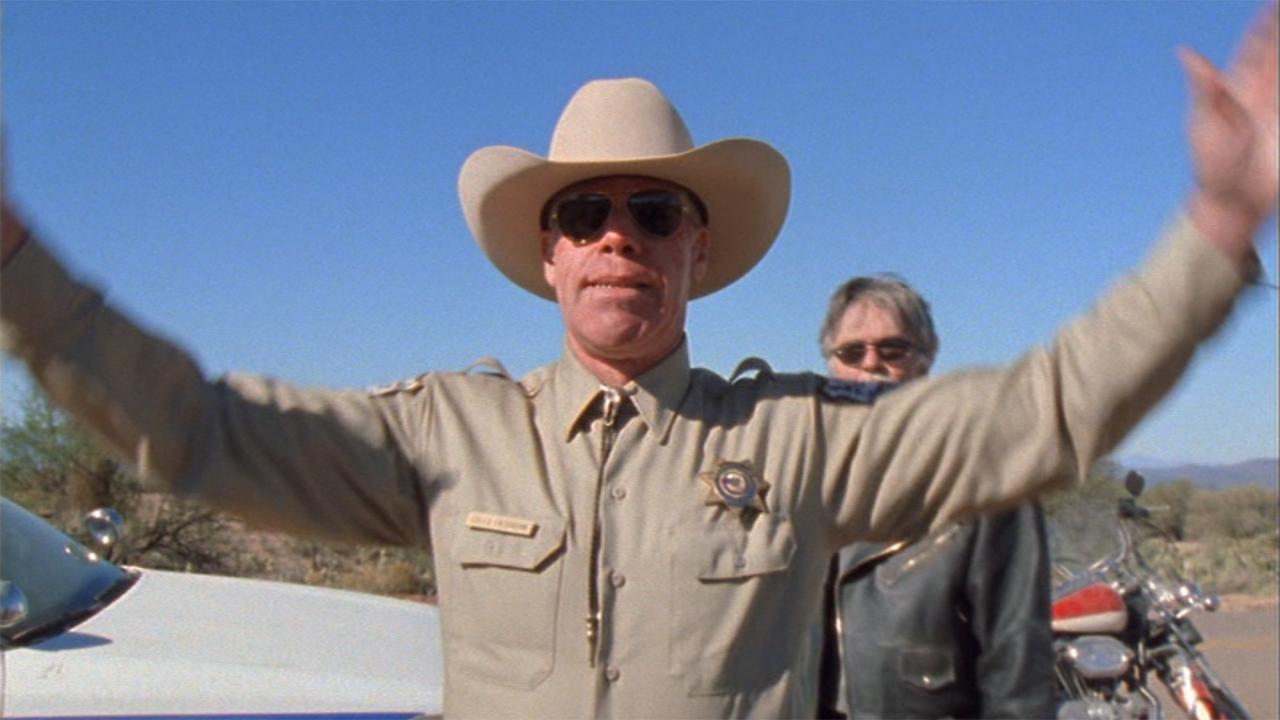
Desperation
Ron Perlman is a force to be reckoned with as the mad, possessed Collie Entragian in Desperation, and he is surrounded by a talented cast, but the TV movie fails to generate real scares past its first act and once all of the characters come together. The contemplations on the nature of god from the book come across as preachy and heavy-handed.
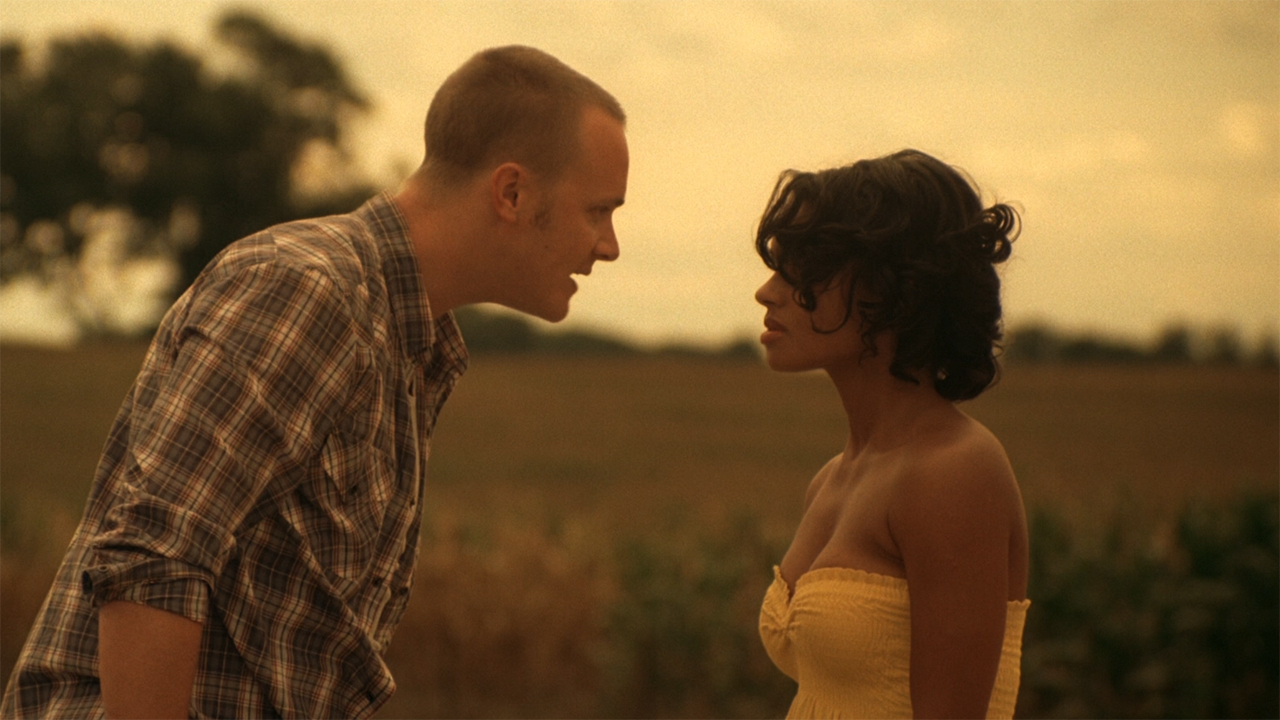
Children Of The Corn (2009)
Donald P. Borchers’s remake of Children Of The Corn has the distinction of being a much more faithful adaptation of Stephen King’s short story compared to the first feature-length attempt, but “more faithful” doesn’t always mean better. The bickering protagonists are obnoxious and impossible to root for even in the most dire circumstances, and they can’t die fast enough amid the tedium that plays out in the movie’s second and third acts.
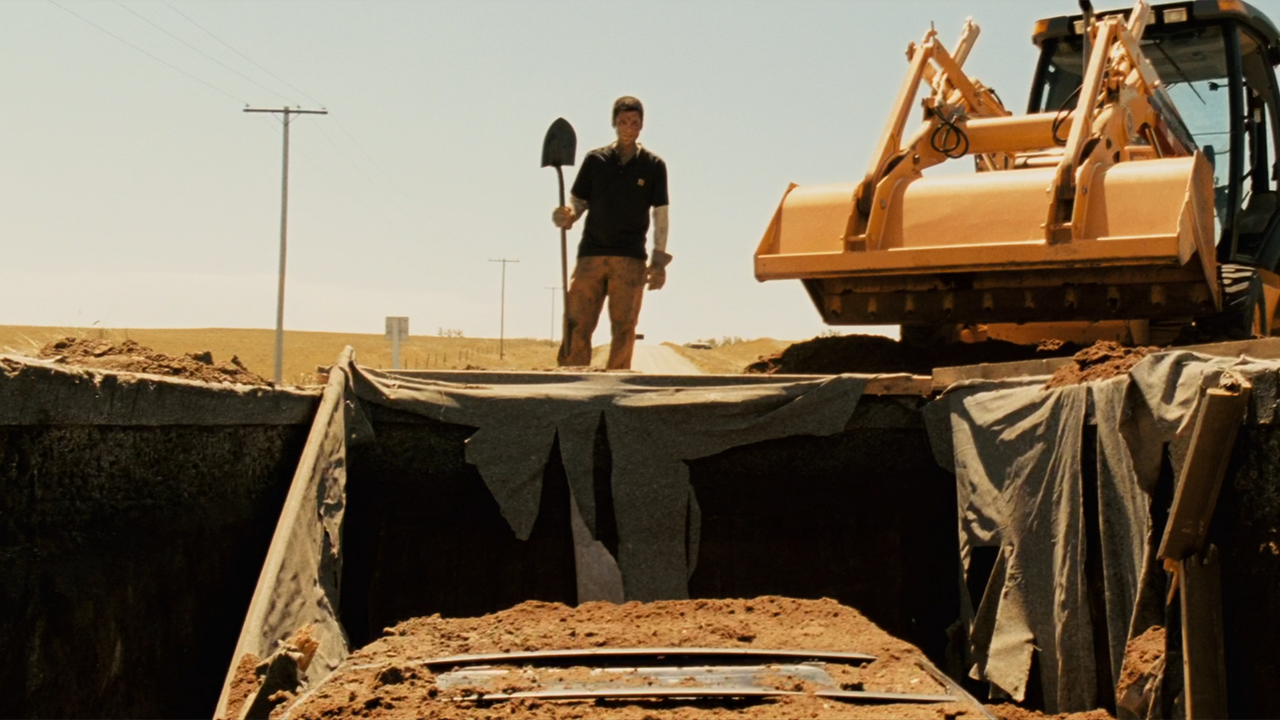
Dolan's Cadillac
The short story “Dolan’s Cadillac” is Stephen King’s riff on Edgar Allan Poe’s “The Cask of Amontillado” in that it centers on a revenge tale where the antagonist ends up being entombed – but that narrative does not work at all stretched out to feature length for director Jeff Beesley’s 2010 feature. Like some of the worst King movies, it is deeply unpleasant, and nothing is helped by Wes Bentley being miscast and failing to capture the main character’s descent into madness.
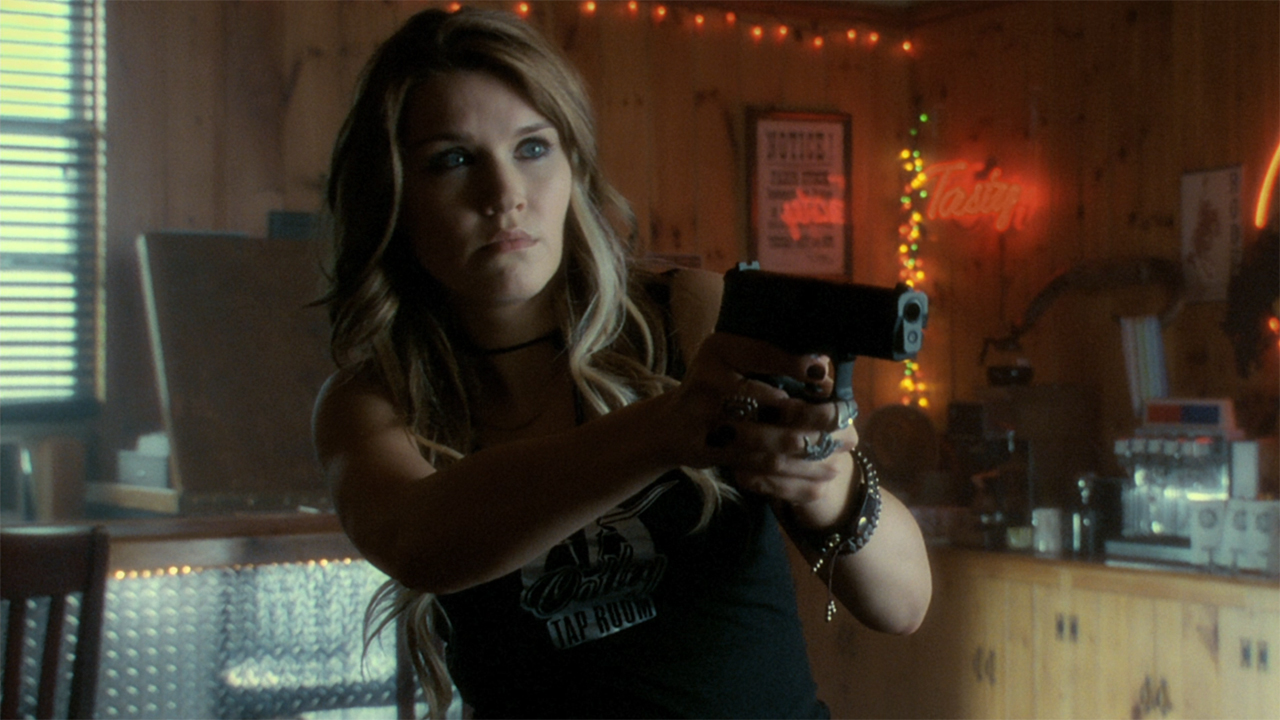
Haven
Haven loses points right off the bat for barely having anything to do with the book on which it’s based (The Colorado Kid), but mostly the TV series is a generic monster-of-the-week show with lame season-long arcs. There are a few engaging episodes, but for the most part, the 78 episodes are tepid sci-fi mysteries solved by the three main protagonists (who are locked in an intolerable love triangle).
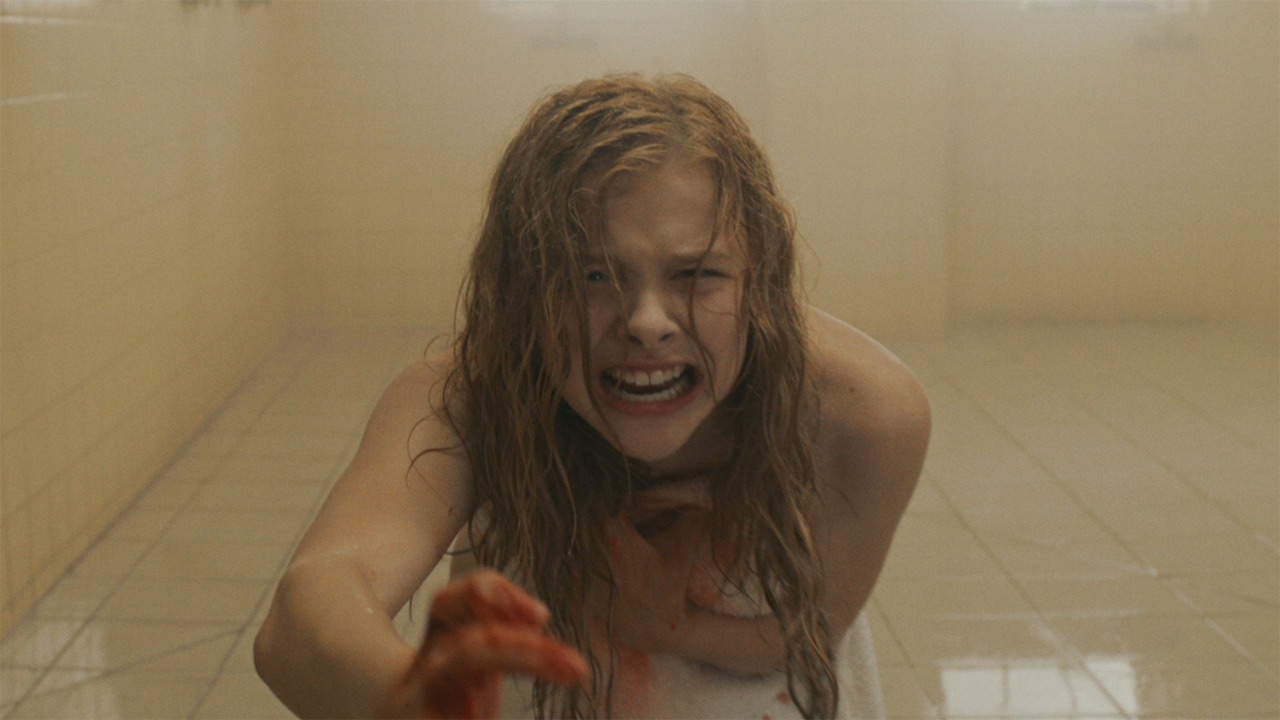
Carrie (2013)
Factoring in how the 2002 TV remake of Carrie failed to escape the shadow of the original despite a big change in story structure, the 2013 film does even less to try and distance itself from the classic, and it suffers mightily for it. Chloë Grace Moretz is badly miscast in the lead role, and there is simply too much that is overly familiar in this adaptation.
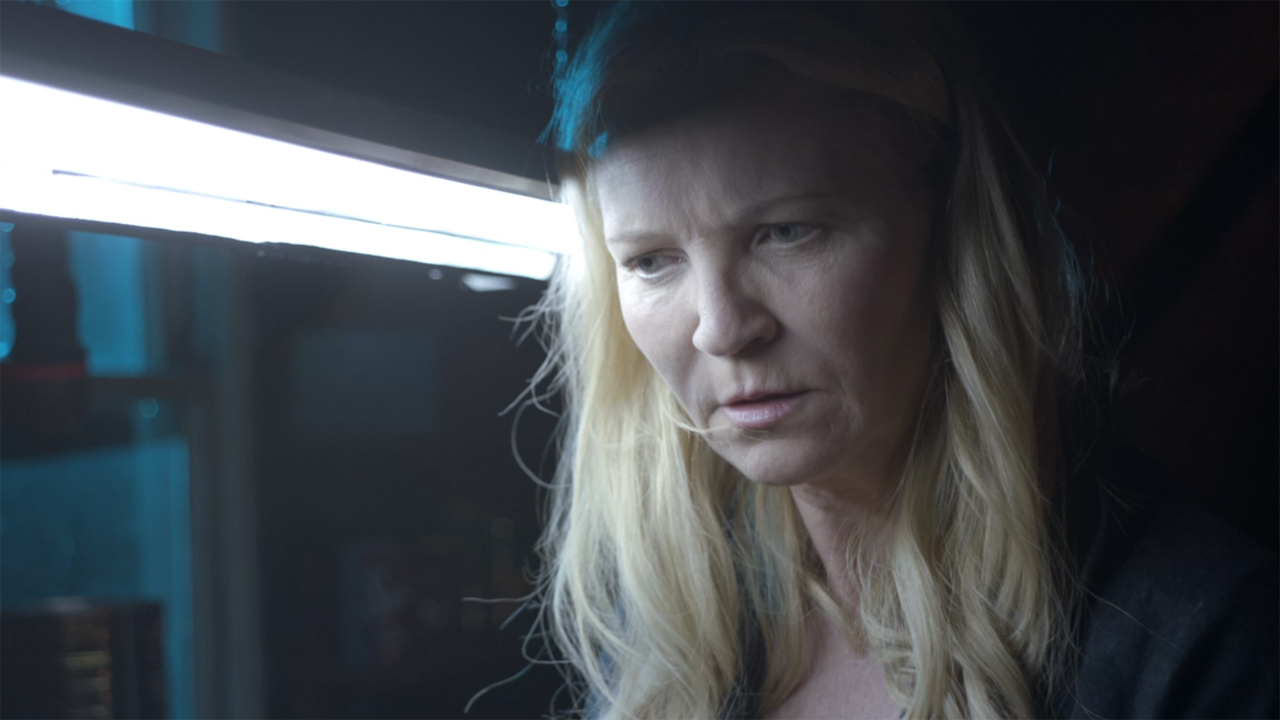
A Good Marriage
A Good Marriage is a film built on a good story foundation – centering on a wife who learns that her husband is leading a double life as a serial killer – but it’s an adaptation that without a pulse. It’s based on the story of Dennis Rader a.k.a. the BTK killer, and while it works hard not to be exploitative by keeping the story centered on the spouse instead of the murderer, we don’t see enough of her inner turmoil as she decides whether she should call the police and risk destroying her family.
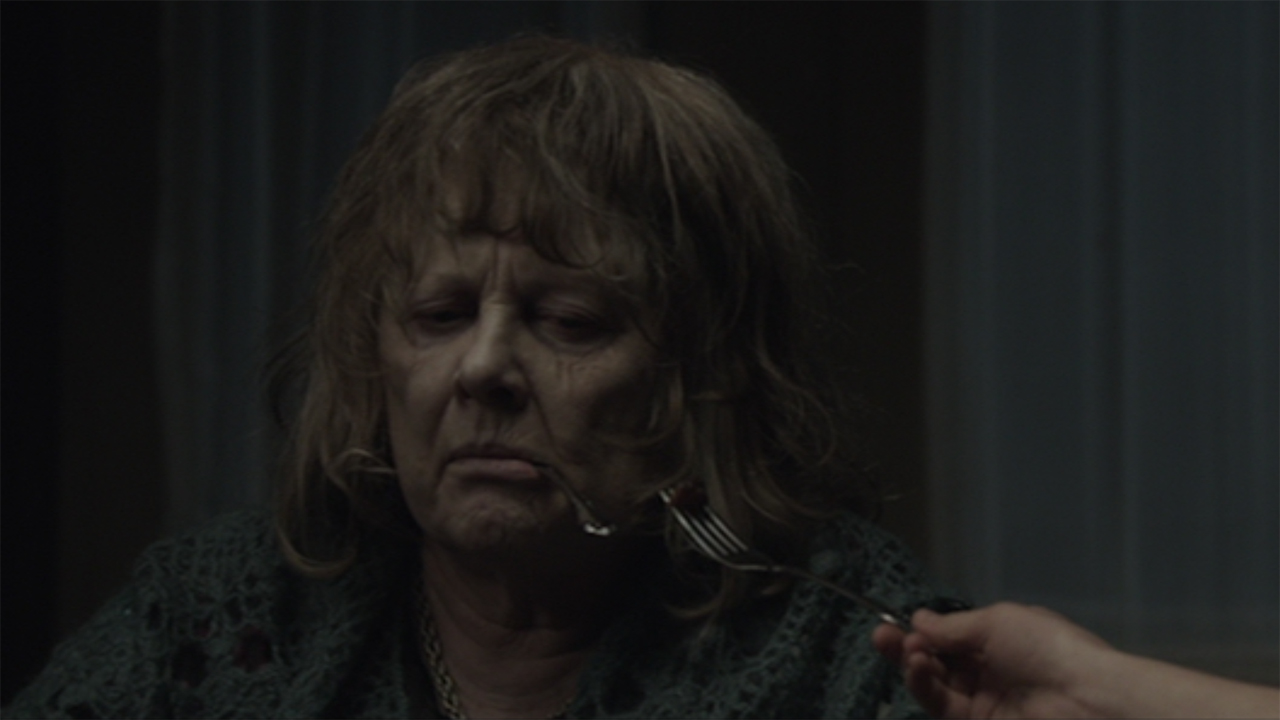
Mercy
If you’re looking for a good adaptation of Stephen King’s short story “Gramma,” watch the episode with that name written by Harlan Ellison for the 1980s revival of The Twilight Zone and stay far away from Mercy. The additions made to make the material fit feature length do nothing to add to the personal, intimate terror of the original work, and an inability to create effective atmosphere leaves its horror wholly dependent on lame jump scares.
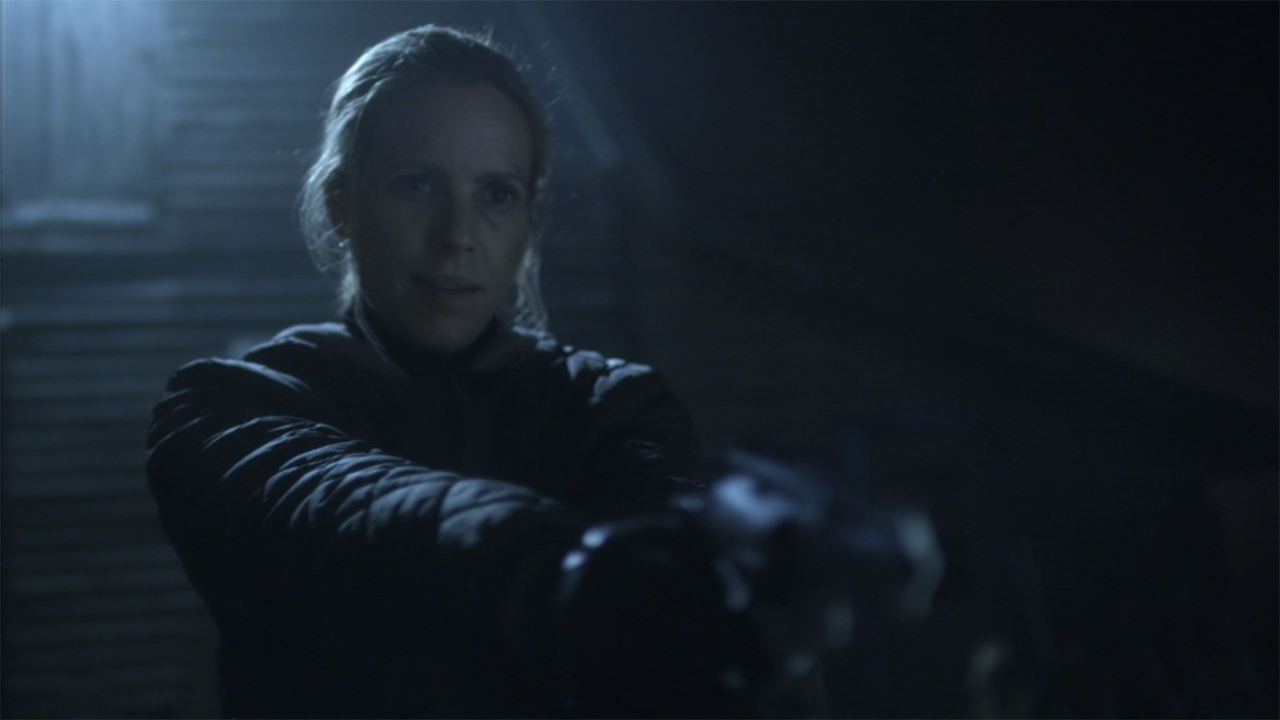
Big Driver
Big Driver was made as a rape revenge TV movie for the Lifetime network, and it’s exactly what you’d expect from that description. It’s not exploitative, but it is extremely basic and overly familiar, and despite the fact that it is just being faithful to the source material, there are scenes that feel like commercials for TomTom GPS devices.
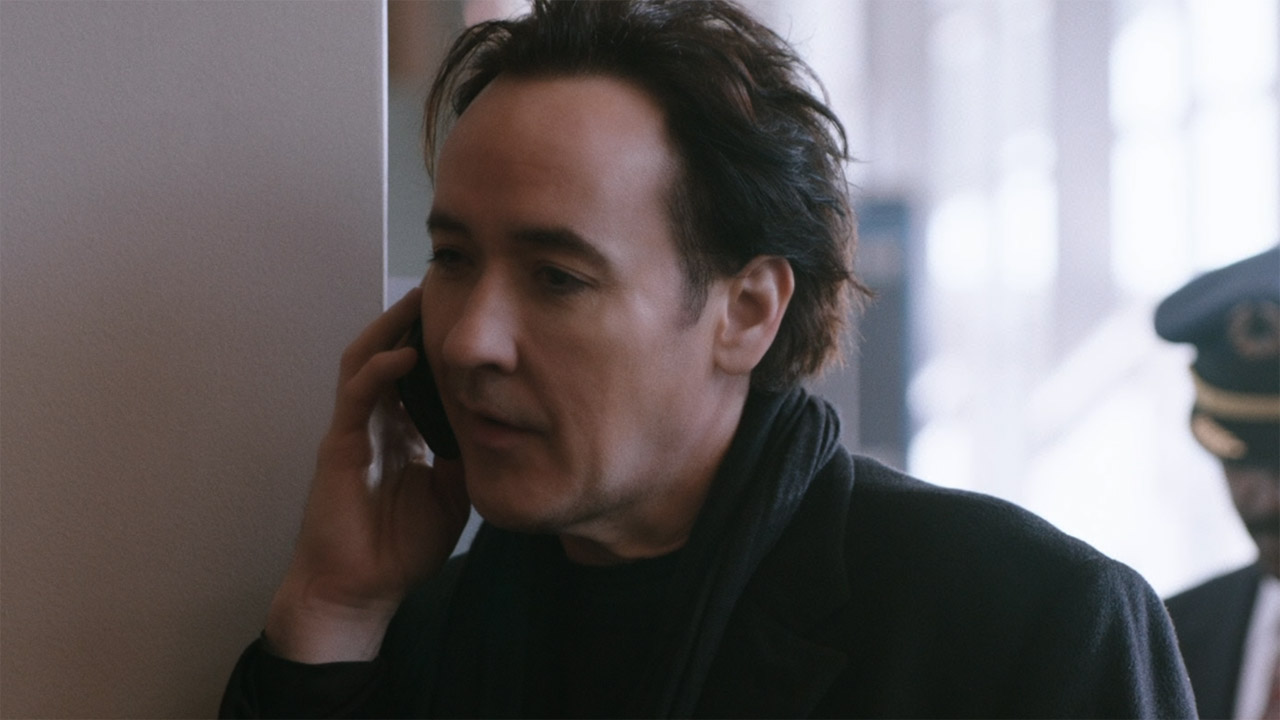
Cell
Stephen King is responsible for writing a number of great adaptations of his own books, but Cell is his biggest blunder. Just about the entire second half of the book is altered for the worse for the film, the characters don’t possess the depth they need, and much like the original Children Of The Corn, there isn’t anything scary that plays out after the horrifying opening sequence.
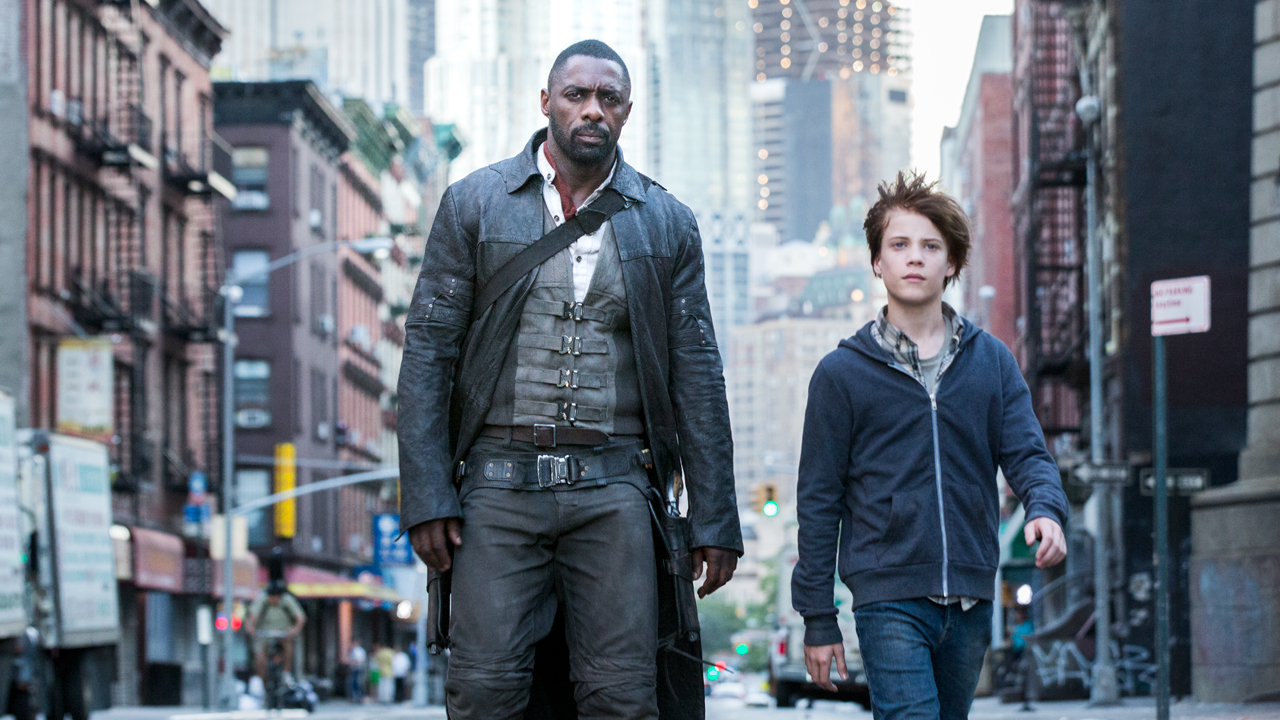
The Dark Tower
The Dark Tower is a special kind of bad Stephen King movie in that it’s one of the few that feels like an insult to Stephen King’s Constant Readers. The author’s brilliant, seven-book series is an epic that blends genres and follows complicated, wonderful characters… and the adaptation is a sub-90 minute (without credits) mess that simplifies everything about the source material and doesn’t even bother including a number of main protagonists.
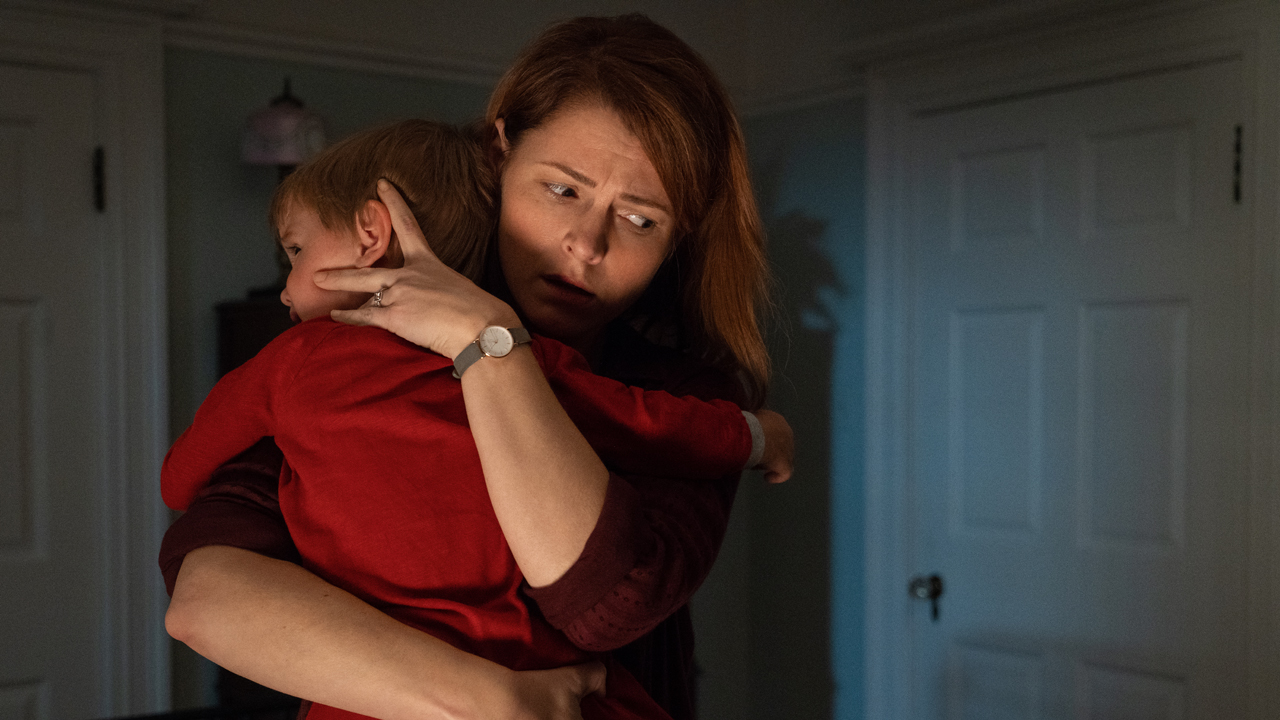
Pet Sematary (2019)
Watching Kevin Kölsch and Dennis Widmyer's Pet Sematary, you get the sense that the filmmakers were petrified of being compared to the original 1989 film and felt compelled to make their movie wildly different. This was a huge mistake. Not only is the story less interesting with the death of Ellie Creed instead of Gage Creed, but the movie never delivers the spiraling madness that is featured in the horrifying novel.
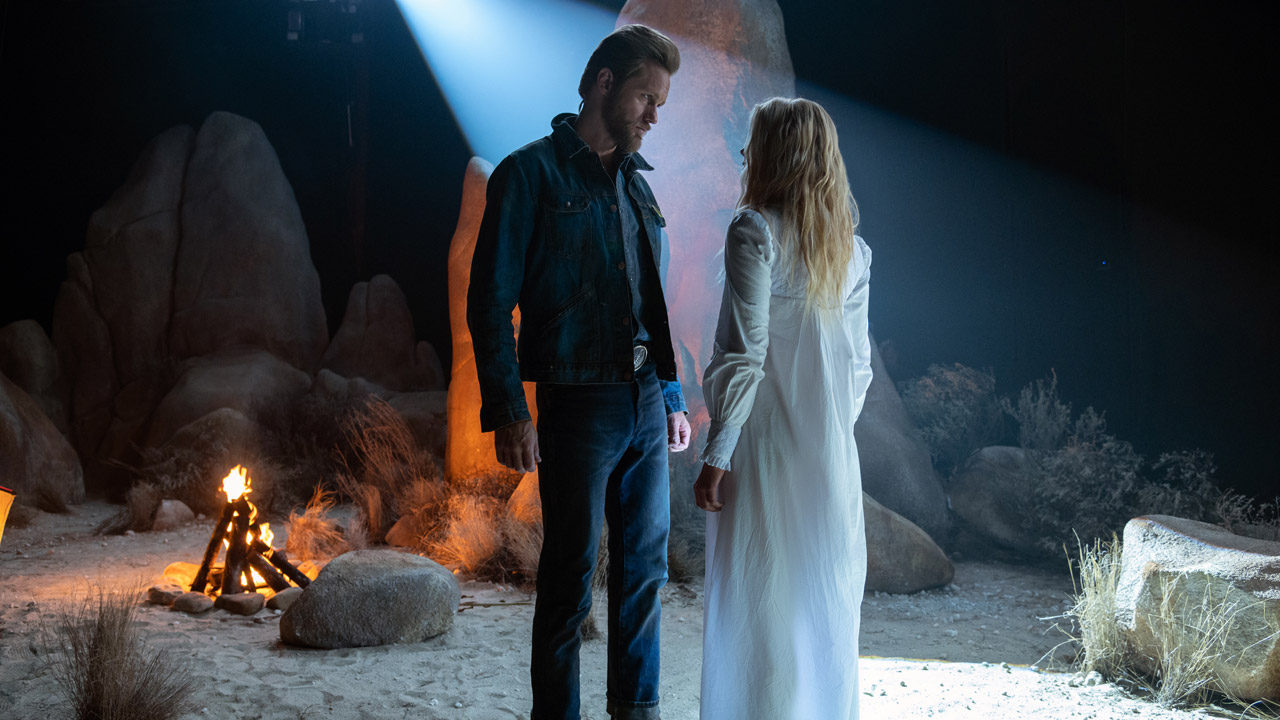
The Stand (2020)
For a while, it seemed like the streaming age was Hollywood’s gateway to finally creating a truly great adaptation of The Stand… but that’s not what we got in the 2020 miniseries. It’s a mess structurally – twisting King’s expansive novel into a poorly paced non-linear narrative – and cuts some of the best stuff from the source material, including the journeys of Donald Merwin Elbert a.k.a. The Trashcan Man and Tom Cullen.
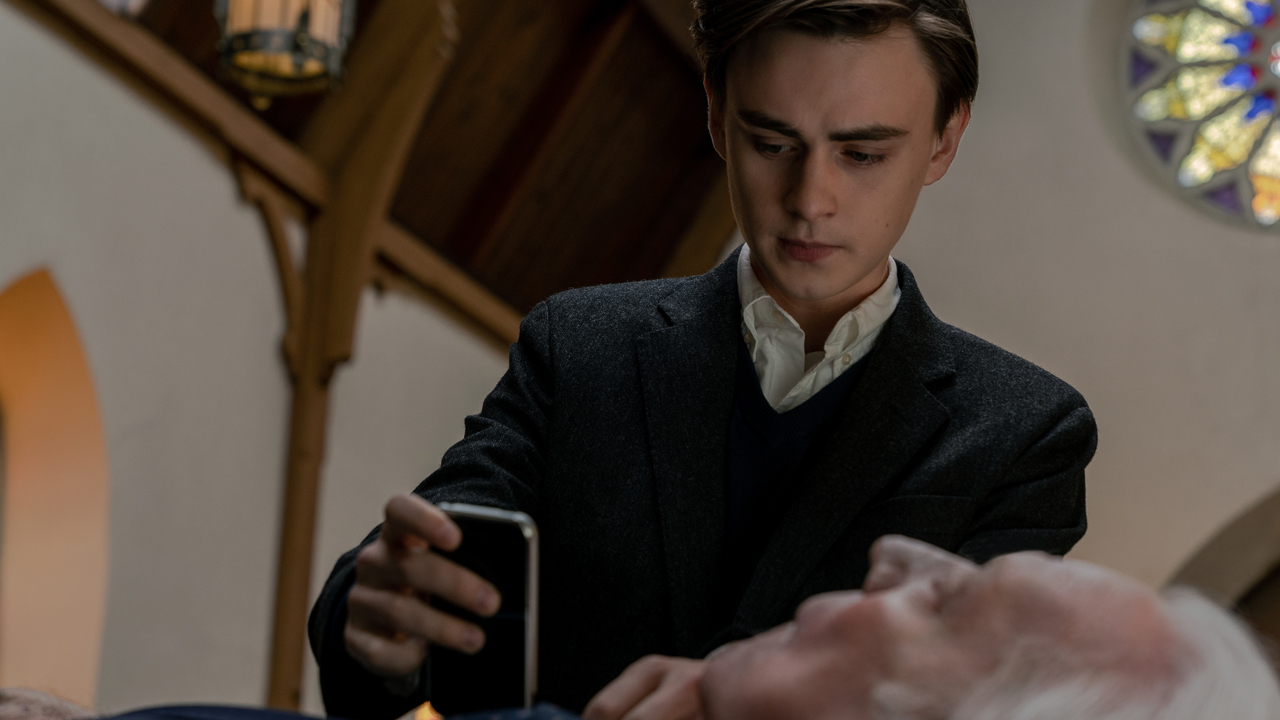
Mr. Harrigan's Phone
The novella “Mr. Harrigan’s Phone” is a spooky tale about modern technology and the afterlife, but director John Lee Hancock’s adaptation puts a stronger emphasis on a coming of age tale with a horror bent – and neither totally work. There isn’t much said in the journey of the protagonist, and there is a lacking chemistry between stars Jaeden Martell and Donald Sutherland.
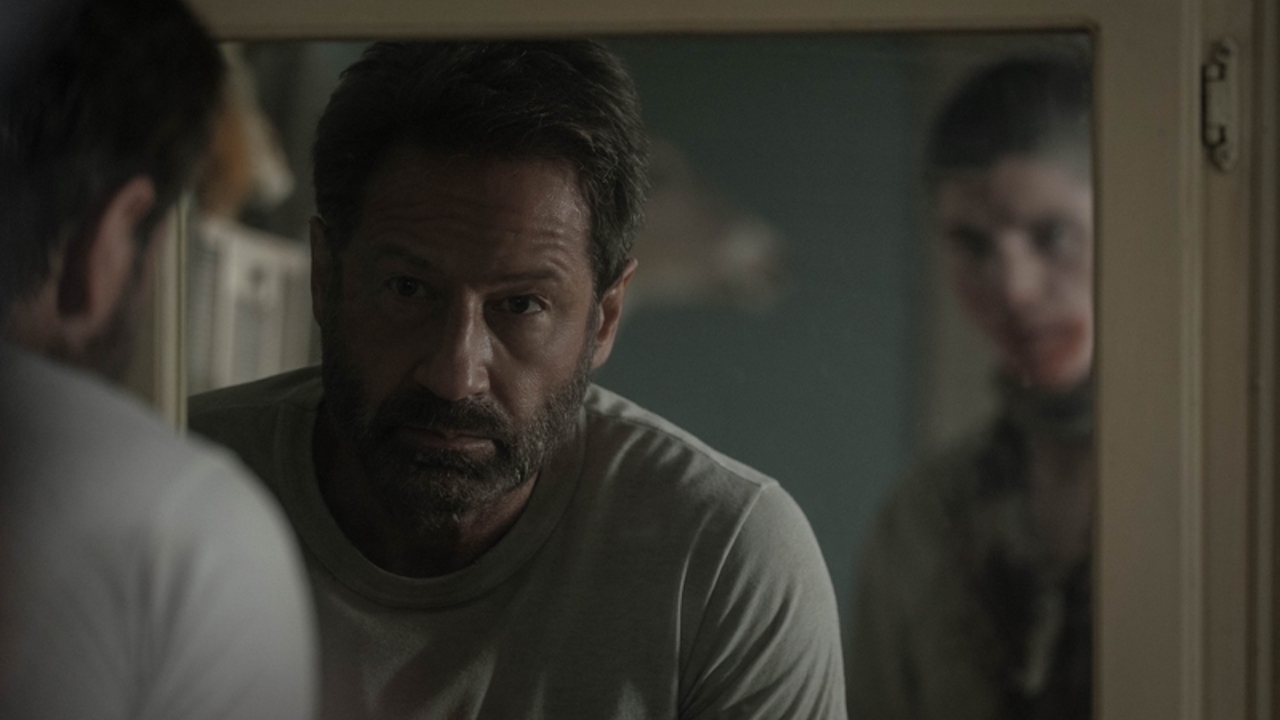
Pet Sematary: Bloodlines
Pet Sematary: Bloodlines is a unique adaptation in that it adapts the work of Stephen King like no other adaptation has – but the end result is only mediocre in its best moments. The story of Timmy Baterman is a compelling one as a chapter in Pet Sematary, but not enough is creatively done to expand upon it, and the film doesn’t do anything particularly interesting to add to the book’s lore.
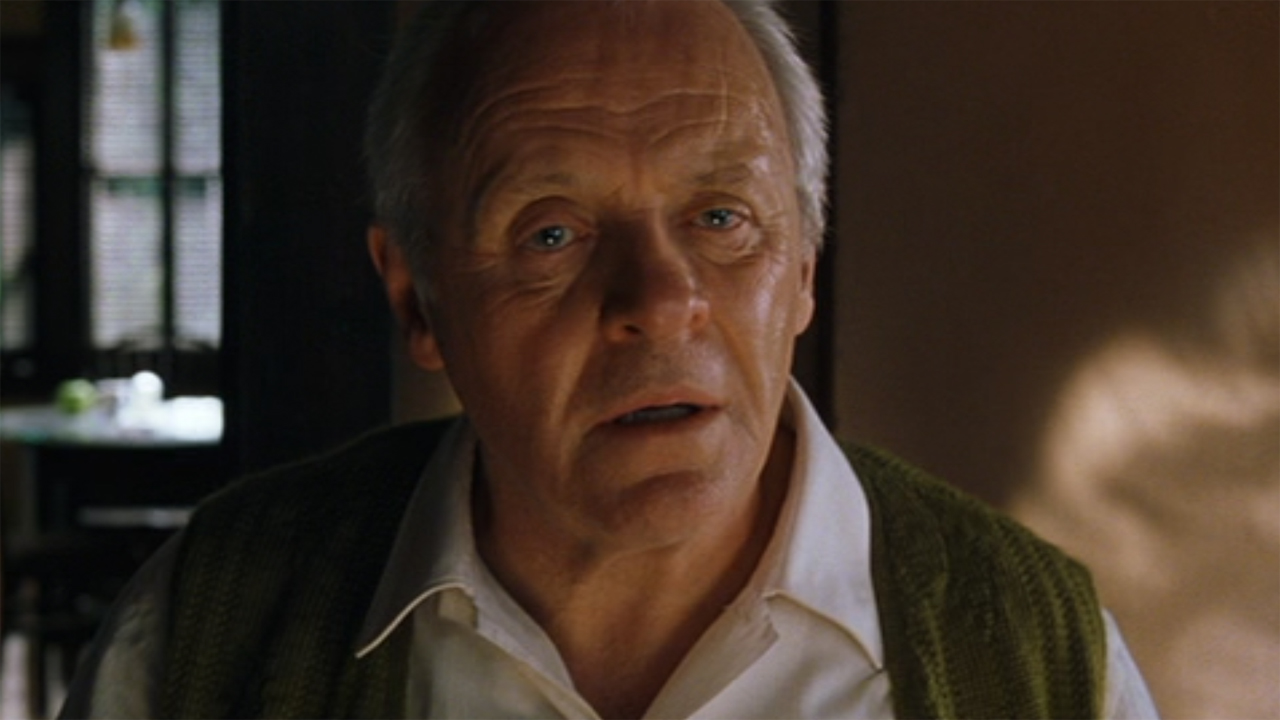
Hearts In Atlantis
The book on which Hearts In Atlantis is based is a sweet, bleak collection of connected stories with direct links to Stephen King’s phenomenal Dark Tower saga, and little that’s interesting about it is maintained in director Scott Hicks’ adaptation. The performances by Anton Yelchin and Anthony Hopkins are sweet, but the film is a mostly rote coming of age tale.
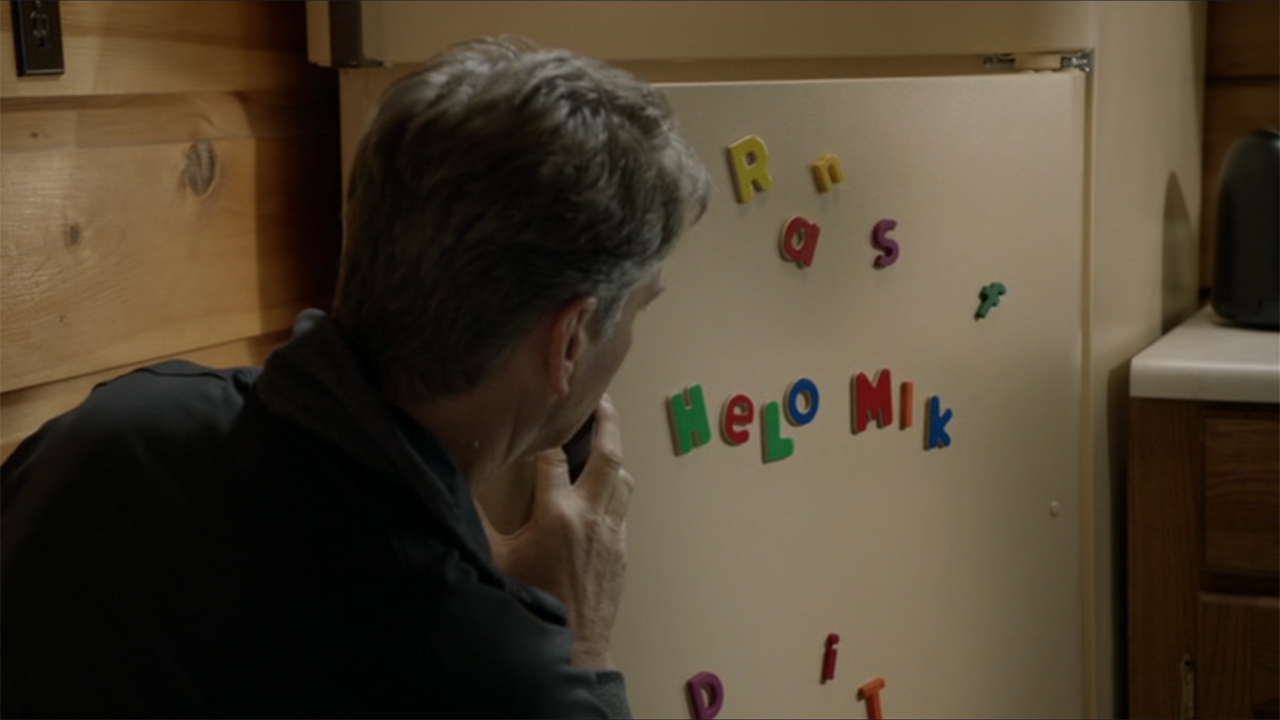
Bag Of Bones
Bag Of Bones is one of Stephen King’s most beautifully written novels, as the author takes a dip into the world of gothic romance, but everything about the adaptation feels flat – from the tepid depiction of the evil millionaire Max Devore to the May/December flirtation between protagonist Mike Noonan and doomed widow Mattie Devore.
We can always hope that all future Stephen King adaptations will be better than these 32, and you can keep track of all the projects that are currently in development with our Upcoming Stephen King Movies and TV guide.

Eric Eisenberg is the Assistant Managing Editor at CinemaBlend. After graduating Boston University and earning a bachelor’s degree in journalism, he took a part-time job as a staff writer for CinemaBlend, and after six months was offered the opportunity to move to Los Angeles and take on a newly created West Coast Editor position. Over a decade later, he's continuing to advance his interests and expertise. In addition to conducting filmmaker interviews and contributing to the news and feature content of the site, Eric also oversees the Movie Reviews section, writes the the weekend box office report (published Sundays), and is the site's resident Stephen King expert. He has two King-related columns.
